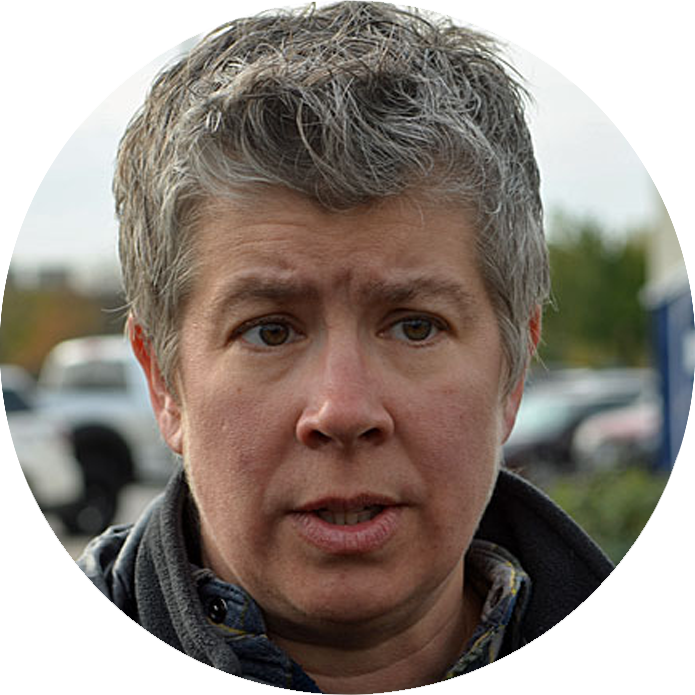2019 Conference Speakers
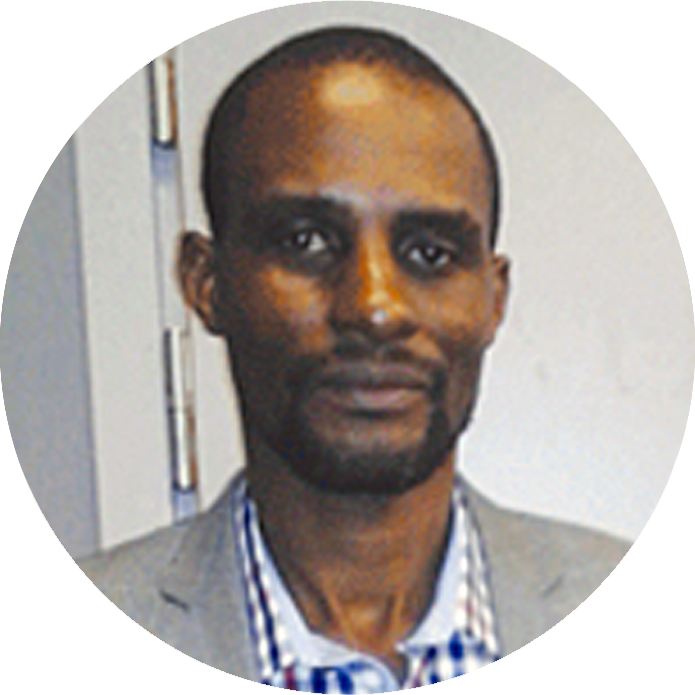
Admire Mare
Admire Mare is a senior lecturer in the department of communication at the Namibia University of Science and Technology in Windhoek, Namibia. He holds a PhD and masters of arts in journalism and media studies from the department of Journalism and Media Studies at Rhodes University in Grahamstown, South Africa. Mare also holds a master’s of science in sociology and social anthropology and an honours bachelor of science in sociology from the University of Zimbabwe. He also holds a diploma in mass communication from Harare Polytechnic’s School of Journalism and Media Studies. His PhD thesis entitled: Facebook, Youth and Political Action: A comparative study of Zimbabwe and South Africa explored the various ways politically engaged youths in both countries creatively appropriate social media for political purposes. His research mainly focuses on the intersection between technology and society in the Global South. He has done work focusing on the relationship between digital media and journalism, politics, digital campaigns in hybrid electoral systems, digital media entrepreneurship (hubs and start-ups), digital literacy, and internet freedom. He has published in several international, regional, and local refereed journals, as well as book chapters. Mare sits on the editorial boards of Digital Journalism and Communicare. His latest journal article titled: Analytics-Driven Journalism? Editorial metrics and the reconfiguration of online news production practices in African newsrooms was published recently in Digital Journalism.
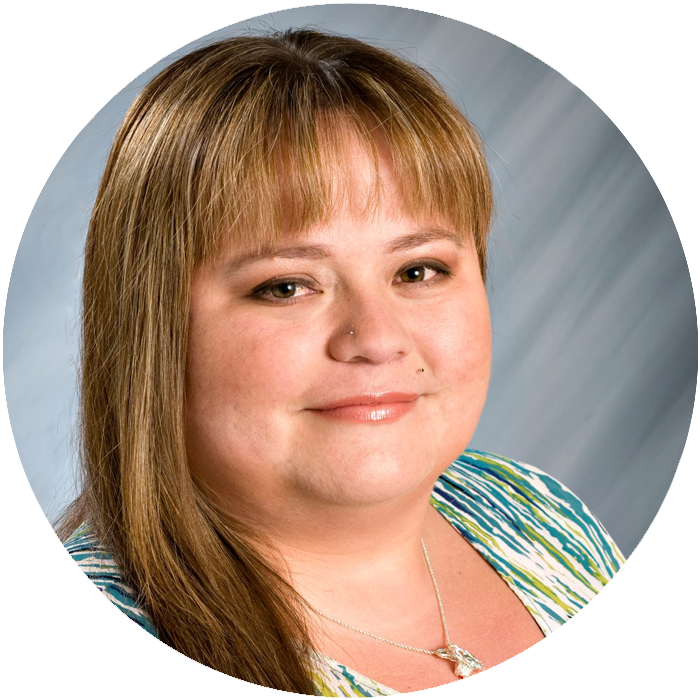
Adrianne Xavier
Adrianne Xavier is an Onondaga woman from the Six Nations of the Grand River First Nations Territory. Currently, she is in the Doctor of Social Sciences program at Royal Roads University in Victoria, British Columbia, and is completing a Pre-Doctoral Fellowship in the Department of Global Development Studies at Queen’s University. Adrianne holds a BA in Anthropology from McMaster University as well as an MA in Intercultural and International Communication from Royal Roads. Her doctoral thesis is an auto ethnographic account examining the implementation of a food security initiative, “Our Sustenance,” at Six Nations. In addition to “Our Sustenance,” she has been involved with community initiatives addressing water, addictions, and community health, and wellbeing. She has also pursued a lifelong education in her community’s traditional ways of knowing and doing and, given her extensive training and experience in transcultural communication, she is regularly invited to share her knowledge and experience with Indigenous and non-Indigenous academic audiences across Canada and internationally.

Alan C. Miller
Alan C. Miller is the founder and CEO of the News Literacy Project (NLP). He established NLP in 2008, following a 21-year career at the Los Angeles Times, to teach teenagers how to discern fact from fiction in the digital age. Miller received more than a dozen national reporting honours, including the 2003 Pulitzer Prize for National Reporting. NLP now serves more than 17,900 educators in all 50 states and in 104 other countries through its Checkology® virtual classroom. Miller is a graduate of Wesleyan University and has a master’s degree in political science from the University of Hawaii.
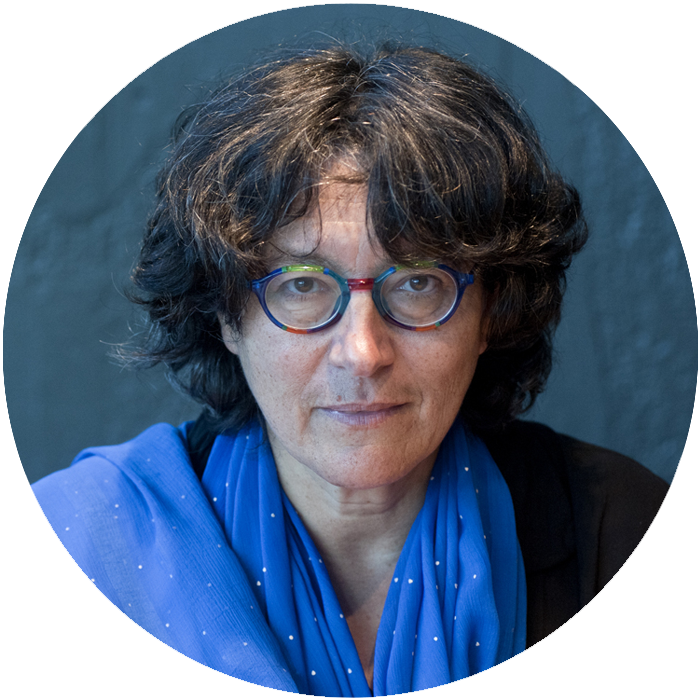
Amira Hass
Amira Hass was born in Jerusalem in 1956 and studied history at the Hebrew University. Hass has worked for Haaretz, an Israeli newspaper, since 1989, first as copy editor and then as a reporter from the Occupied Palestinian Territory. She lived in Gaza from 1993-97, before she moved to Ramallah on the West Bank, where she still lives today. Hass is the author of Drinking the Sea at Gaza (Metropolitan 2000) and Reporting from Ramallah (Semiotext(e) 2003).

Anatoliy Gruzd
Anatoliy Gruzd is a Canada Research Chair in Social Media Data Stewardship, associate professor at the Ted Rogers School of Information Technology Management at Ryerson University, and the director of research at the Social Media Lab. He is also a member of the Royal Society of Canada’s College of New Scholars, Artists, and Scientists; co-editor of a multidisciplinary journal on Big Data and Society; and a founding co-chair of the International Conference on Social Media and Society. His work explores inner workings of online communities, studying how people and organizations adapt to social media in various domains, and examining tensions between privacy and self-disclosure on social media networks.
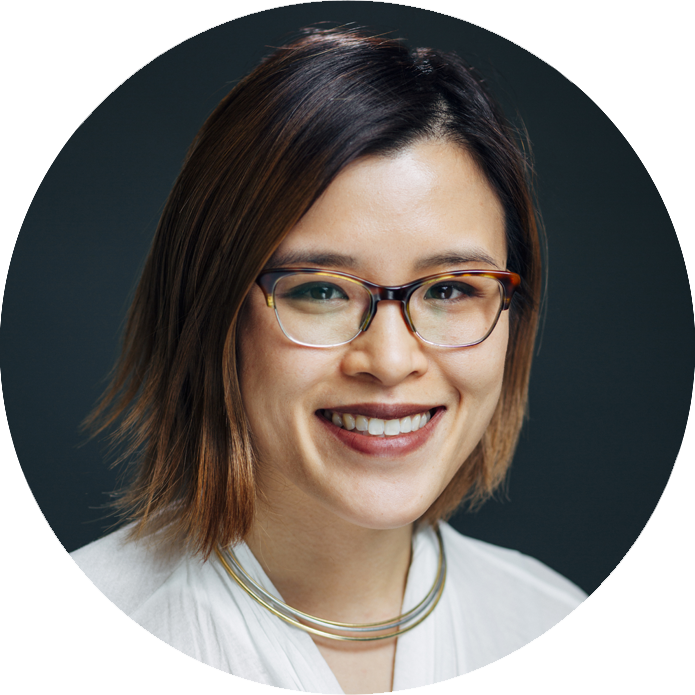
Anita Li
Anita Li is the director of communities at The Discourse, a digital media company that produces community-powered journalism informed and funded by the public. She’s also editor-in-chief of The Other Wave, a website dedicated to covering media from a multicultural perspective. Prior to that, Li served as senior editor at Fusion and as news director at Complex. She also held reporting and editing positions at media outlets across North America, including Mashable, the Toronto Star, the Globe and Mail, CBC, and CTV. In 2015, Li gave a TEDx Talk on the importance of diversity in newsrooms. She frequently provides commentary on journalistic innovation and the future of media.
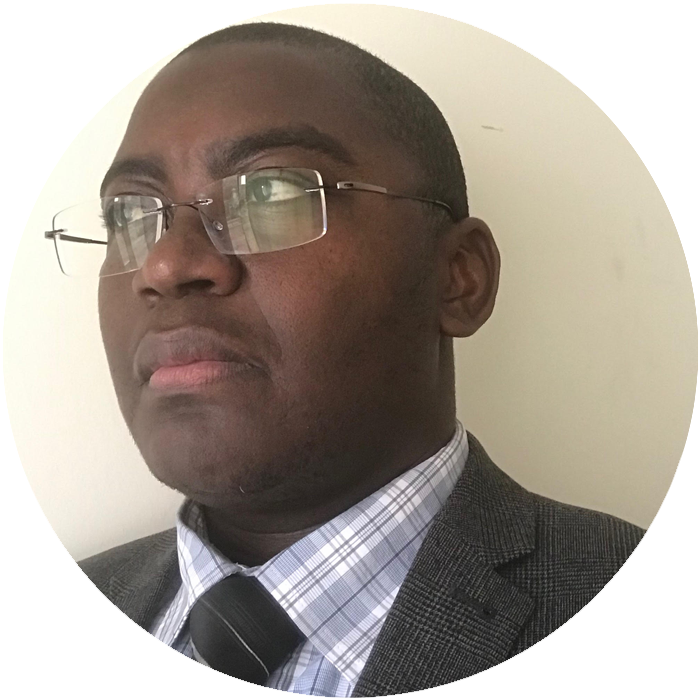
Brian Chama
Brian Chama is a professor and program coordinator at Sheridan College. He was previously a Senior Lecturer at the London Metropolitan University, the University of Lincoln, and the Kingston University in the United Kingdom. His doctorate is from the University of Roehampton. He has published extensively about free speech, democratic values, minority rights and prospects for enhancing understanding, especially in Africa. His newest book, Anti-Corruption Tabloid Journalism in Africa, was released by Palgrave Macmillan on April 30, 2019.

Cam Gordon
Cam Gordon is the head of communications for Twitter Canada and part of Twitter’s global communications team. Gordon works with journalists across Canada, keeping them informed of the latest happenings with Twitter and sharing Canadian Twitter stories rooted in politics, sports, entertainment, and other areas. Prior to Twitter, Gordon spent over 10 years in the agency world, working with clients such as LG Electronics, Disney, 3M, and American Express, plus top Canadian brands such as TELUS, Canada Goose, and Spin Master. Gordon has also taught digital media at Seneca College in Toronto, he’s on the program advisory committee for the corporate communications program at Centennial College, and the corporate cabinet for Make-A-Wish Canada. You can find him on twitter at @cam_gordon.
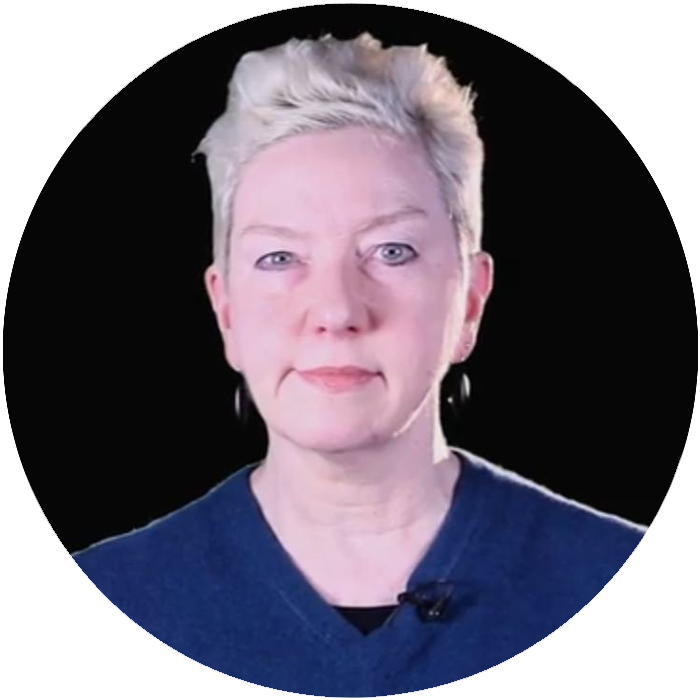
Catherine Wallace
Catherine Wallace is assistant managing editor at the Toronto Star, her third stint at the news organization. She has also worked at the Montreal Gazette where she was managing editor, and then executive producer of an innovative iPad edition, and at the Globe and Mail where she was deputy national editor and Toronto editor. In 2016-17 Catherine was the Atkinson Fellow in Public Policy, which allowed her to spend a year researching alternative sources of civic information and storytelling ― including the role universities can play ― as news organizations shrink. In 1997-98, she was a Southam Fellow for a year of study at the University of Toronto.

David Estok
David Estok is the vice-president, communications for the University of Toronto. He oversees a team of marketing and communications professionals in digital media, brand marketing, media relations, and communications. Estok has years of experience working in a collaborative manner in complex organizations in both the private and public sectors.
Prior to joining U of T, Estok was vice-president, communications for SickKids Hospital Foundation for five years. During that time, the Foundation was recognized for numerous awards in marketing and communications including a Silver Lion at Cannes for the “Better Tomorrow” campaign.
Estok was the editor-in-chief of The Hamilton Spectator, a large city newspaper for almost four years. Under his leadership, the newspaper was nominated for 11 National Newspaper Awards, two Michener awards, and was named best large-scale media organization in Canada.
Estok is also the former associate vice-president for communications and public affairs for The University of Western Ontario and has worked as a writer and senior editor for a number of publications including Macleans magazine and The Financial Post.
Estok holds a master’s degree in journalism from Carleton University and an honours bachelor degree in English and history from The University of Western Ontario.
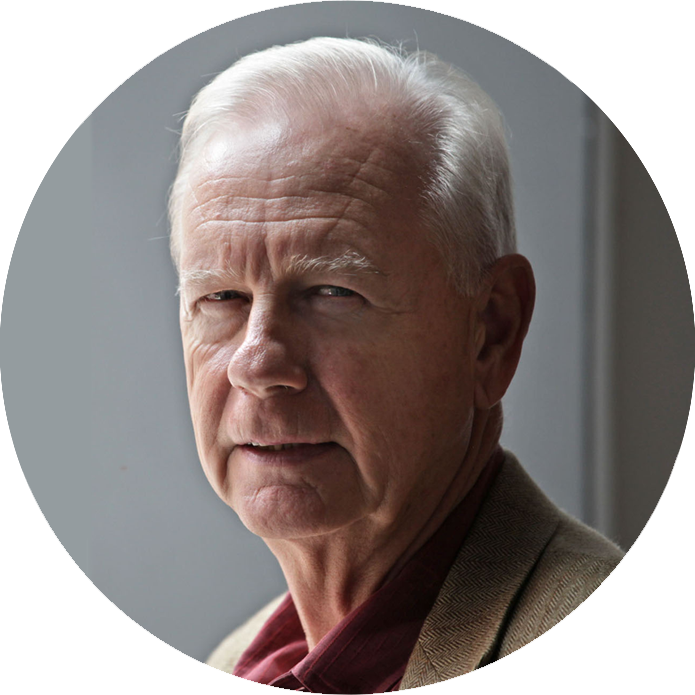
David L. Altheide
David L. Altheide is regents’ professor emeritus on the faculty of justice and social inquiry in the School of Social Transformation at Arizona State University, where he taught for 37 years. His work has focused on the role of mass media and information technology in social control. His most recent books are Terrorism and the Politics of Fear (2nd edition, Rowman and Littlefield, 2017), The Media Syndrome (Routledge, 2016), Media Edge: Media Logic and Social Reality (Lang, 2014), Qualitative Media Analysis (2nd edition, Sage, 2012), and Terror Post 9/11 and the Media (Lang, 2009). Altheide received the Cooley Award three times, given to the outstanding book in symbolic interaction, from the Society for the Study of Symbolic Interaction: in 2007, for Terrorism and the Politics of Fear (2006); in 2004, for Creating Fear: News and the Construction of Crisis (2002); and in 1986, for Media Power (1985). Altheide received the 2005 George Herbert Mead Award for lifetime contributions from the Society for the Study of Symbolic Interaction, and the society’s Mentor Achievement Award in 2007. In fall 2012, he was a part of the Fulbright Specialist Program in Germany at Zeppelin University and a distinguished research professor in Australia at the Law Faculty at the University of New South Wales. He also received a Fulbright Specialist Award at The Catholic University in Lisbon, Portugal in spring 2017.

David Skok
David Skok is the founder and editor-in-chief of the The Logic, a subscription news outlet that provides in-depth reporting and analysis on the innovation economy in Canada and around the world. Before founding The Logic, Skok was the associate editor and head of editorial strategy at the Toronto Star. Previously, Skok served as the managing editor and vice-president of digital for the Boston Globe, where he led the 145-year-old organization’s newsroom and digital transformation. Prior to that, Skok was the director of digital for Global News, where he launched globalnews.ca, a national Canadian news site. Skok is a leading thinker on digital transformation in media and, alongside Harvard Business School professor Clayton M. Christensen, co-published Breaking News, a report that applies the lessons of disruptive innovation to the media industry. Skok is on the advisory board of the Nieman Foundation for Journalism at Harvard University, and has served as a juror for the Pulitzer Prizes in journalism.

Ebyan Abdigir
Ebyan Abdigir is a journalist based in Toronto. She currently works at the CBC as an associate producer for various national television and radio current affair programs and freelances as a researcher. She studied at Ryerson University’s School of Journalism.
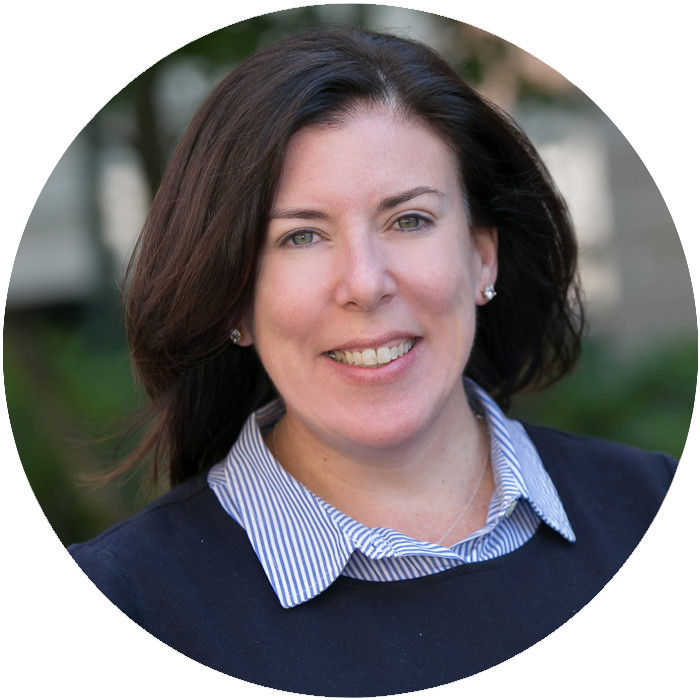
Erin A. Hennessy
Erin A. Hennessy is vice-president at TVP Communications, a national public relations agency focused on higher education, where she harnesses the experience gained over her career in higher education, her knowledge of the federal policy sphere, and her keen insights into individual leadership styles to benefit the agency’s clients. She helps lead the agency’s crisis communications work and frequently speaks and provides training for rising professionals in a variety of roles on campuses. Prior to joining TVP Communications in 2014, Hennessy spent six years at the American Council on Education, positioning the council as a leading source for national and regional media covering higher education issues, and providing support for member institutions facing challenges on their own campuses. She also served as deputy chief of staff to two presidents of her undergraduate alma mater, Drew University. In addition to her career in higher education, Hennessy also served as press secretary for U.S. Representative Rodney P. Frelinghuysen and spent five years in the administration of New Jersey Gov. Christine Todd Whitman. A resident of Washington, D.C., she holds a master’s degree from American University and serves as an adjunct faculty member in Georgetown University’s public relations and corporate communications program.
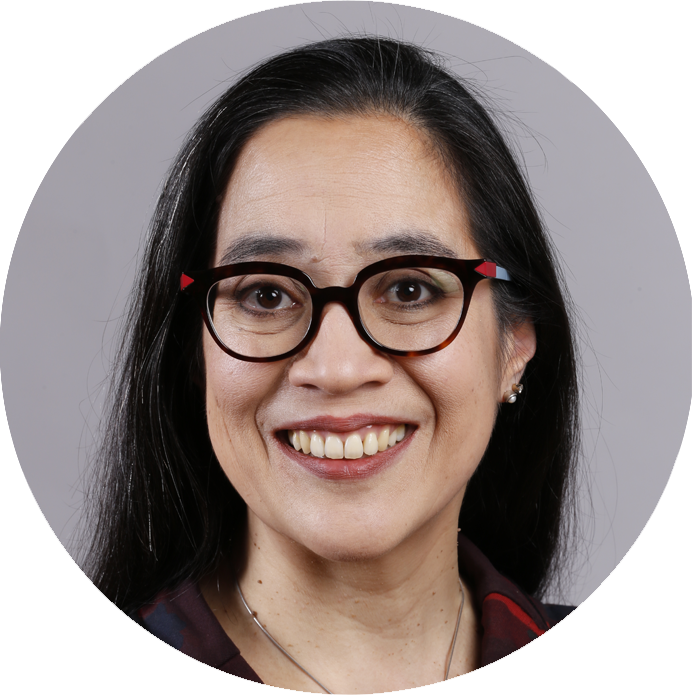
Fay Faraday
Fay Faraday is a social justice lawyer, strategic adviser, policy consultant, and academic, whose work focuses on human rights, labour, and constitutional law. Representing unions, community organizations, and coalitions, she has litigated many leading constitutional, labour, and human rights cases at the Supreme Court of Canada. With over two decades experience as a community organizer, Faraday works collaboratively with community groups, coalitions, and social justice movements to promote social and economic justice and accountable democracy. Faraday is an assistant professor at Osgoode Hall Law School, where her teaching and research focuses on social and economic justice, labour migration, constitutional and human rights, appellate advocacy, ethical lawyering, clinical legal education, and social justice and political activism. Faraday also serves as a board member of the Atkinson Charitable Foundation. In this capacity, she has an interest in philanthro-journalism that supports decent work for principled journalism that can address coverage deficits and so build an engaged, informed, and accountable democracy.
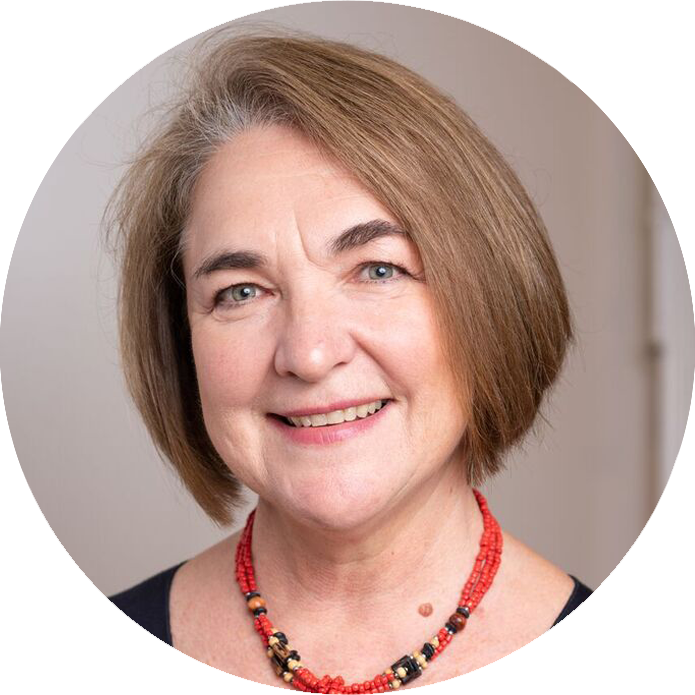
Geraldine Fitzpatrick
Geraldine Fitzpatrick is a professor of technology design and assessment, leading the Human Computer Interaction Group at TU Wien in Vienna, Austria, and also an ACM Distinguished Scientist and ACM Distinguished Speaker. She has degrees in both computer science and applied positive psychology and coaching psychology, and has worked in academic, research, and industry roles in Austria, the U.K., and Australia. Previously, she also worked as a nurse and midwife. Her research is at the intersection of computer and social sciences, with a particular focus on technologies supporting collaboration, health and well-being, positive aging, and community building. She is passionate about promoting better ways of ‘doing academia’ and hosts the Changing Academic Life podcast series, as well as providing various developmental and support services to academics/faculties.

Glen Jones
Glen A. Jones is Professor of Higher Education and Dean of the Ontario Institute for Studies in Education of the University of Toronto (OISE). Glen’s research focuses on higher education policy, governance, academic work, and administration. He is a prolific contributor to the Canadian and international literature on higher education and a frequent public speaker and commentator on higher education issues. He was Chair of the Department of Theory and Policy Studies in Education at OISE from 1998-2001 and Associate Dean of OISE from 2003-2011. He received the Research Award from the Canadian Society for the Study of Higher Education in 2001, and their Distinguished Member Award in 2011.

Graeme Stewart
Graeme Stewart has spent nearly two decades in policy and communications roles in the higher education sector, providing strategic advice to students, think tanks, government, faculty and institutions. He is currently Director, Communications in the Office of the President at York University, and previously served as a senior advisor to the Deputy Premier of Ontario and two Ministers of Training, Colleges and Universities. He holds degrees from Queen’s University, Western University, the London School of Economics and Political Science, and is currently a PhD Candidate at the Ontario Institute for Studies in Education at the University of Toronto.

Greg Kelly
Greg Kelly is the Executive Producer of the CBC Radio program IDEAS, with which he’s had a working relationship since 1989. He’s worked at CBC in television and radio, and his documentaries in both media have won multiple national and international awards. Prior to joining IDEAS, Greg developed and led public radio programs at NPR and Radio Netherlands Worldwide. Greg also holds a doctorate in English literature from Oxford University.
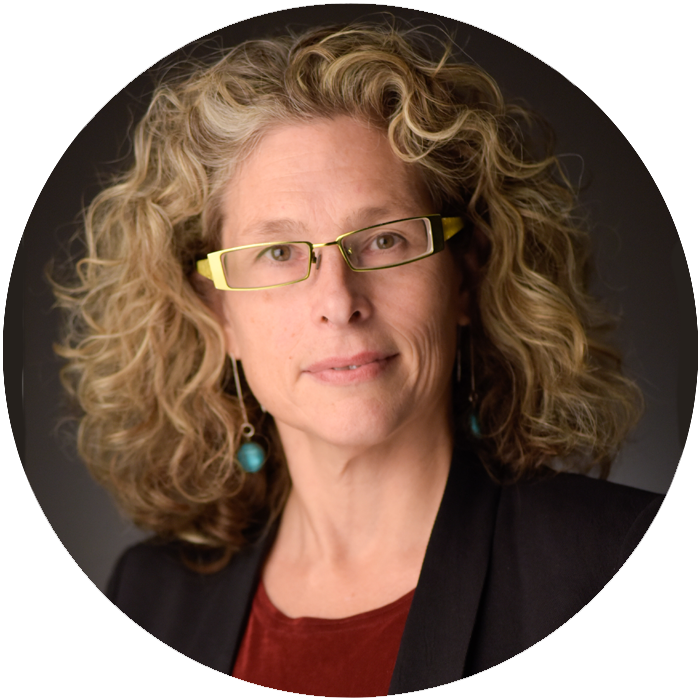
Gyllian Phillips
Dr. Gyllian Phillips is President of the Ontario Confederation of University Faculty Associations (OCUFA), which represents 17,000 university faculty and academic librarians at 29 member associations across Ontario. She is an Associate Professor of English Studies at Nipissing University in North Bay, Ontario where she has been a faculty member since 1998. She has also served as President of the Nipissing University Faculty Association (NUFA) and Chair of the English Studies Department. Her scholarly interests include British modernism and postcolonial literature.

Heidi Tworek
Heidi Tworek is assistant professor of international history at the University of British Columbia. She is a non-resident fellow at the German Marshall Fund of the United States and the Canadian Global Affairs Institute. She was previously the assistant director of undergraduate studies in the history department at Harvard University, where her work explores the history of media. Tworek also advises on contemporary media policy. Her most recent book is News from Germany: The Competition to Control World Communications, 1900-1945 (Harvard University Press, 2019). She regularly writes for outlets including the Washington Post and the Globe and Mail. She has also written on higher education for The Atlantic.

Ivan Semeniuk
Ivan Semeniuk reports on science for the Globe and Mail. A long time science journalist in print, online, and broadcast media, his stories have informed Canadians about topics as diverse as space exploration, genetic engineering, and climate change. Prior to joining the Globe, he was the Washington-based chief of correspondents for the journal, Nature, U.S. bureau chief for New Scientist magazine, and a producer and presenter with Discovery Channel, Canada. His work has garnered several awards including the Royal Canadian Institute’s Sandford Fleming Medal for contributions to the public understanding of science.

Jane Lytvynenko
Jane Lytvynenko is a journalist with BuzzFeed News, where she covers online misinformation. Her work focuses on analyzing the spread of fake news, digital deception, and the rise of hyperpartisanship though online platforms. She has written about illegal online drug sales, cryptocurrency scams, and uncovered networks of fake accounts using social media to dupe users and profit from the online ecosystems. Previously, her work has appeared in Maclean’s magazine, CBC News, and Canadaland, where she was a media reporter and editor. She lives in Toronto. You can tweet her at @JaneLytv or contact her at jane.lytvynenko@buzzfeed.com.
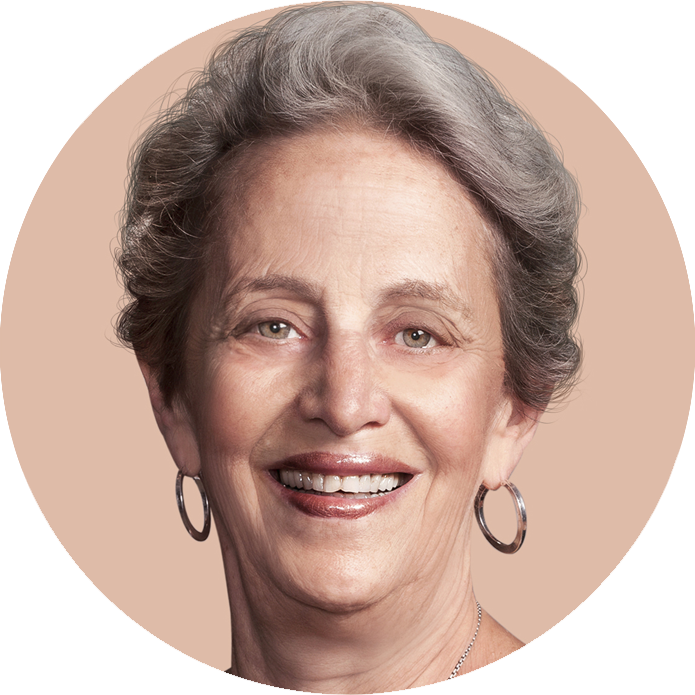
Janice Gross Stein
Janice Gross Stein is the Belzberg Professor of Conflict Management in the department of political science and the founding director of the Munk School of Global Affairs and Public Policy at the University of Toronto. She is a fellow of the Royal Society of Canada and an honorary foreign member of the American Academy of Arts and Sciences. She was awarded the Molson Prize by the Canada Council for an outstanding contribution by a social scientist to public debate. She has received an honorary doctorate of laws from four universities. Gross Stein is a member of the Order of Canada and the Order of Ontario. A well-known guest on CBC, BBC, and TVO, she analyzes the big global trends of tomorrow to help make sense of the world today.
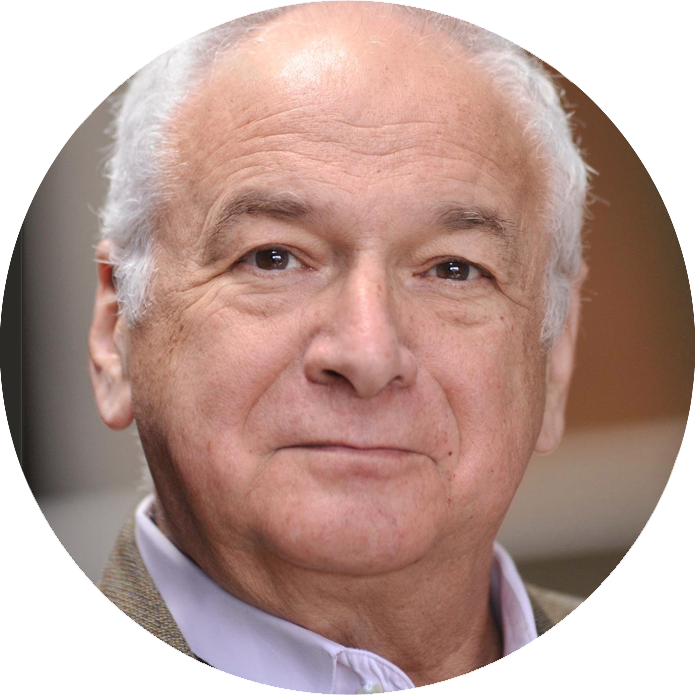
Jeffrey Dvorkin
Jeffrey Dvorkin is a lecturer and the director of the journalism program at the University of Toronto Scarborough Campus. His journalistic career began at CBS News in London while still a graduate student at the London School of Economics.
For more than 20 years, he was a CBC journalist in Montreal, Ottawa, and Toronto, where he served as managing editor and chief journalist for CBC Radio. In 1997, he was named vice-president, news and information at NPR in Washington, D.C., then became NPR’s first news ombudsman, handling ethical complaints and concerns from listeners. Dvorkin has an honours bachelor degree in European history from the University of Alberta, an MA from the University of Toronto and an M.Phil. from the London School of Economics. He comments regularly for print and broadcast, and blogs at www.nowthedetails.com. Routledge is publishing his book, Critical News Literacy, later this year.
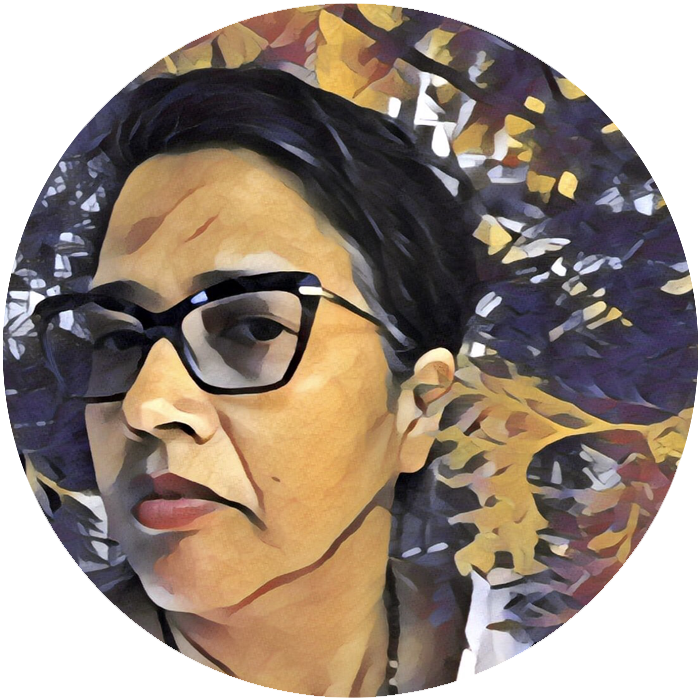
Jennifer Wemigwans
Jennifer Wemigwans is Anishnaabekwe (Ojibwe/ Potawatomi) from Wikwemikong First Nation. She is a Trans media producer, writer, and scholar specializing in the convergence between education, Indigenous knowledge, and new media technologies. Wemigwans completed her PhD at OISE and her current research examines how online Indigenous knowledge sites serve Indigenous resurgence by contributing to the efforts and goals of Indigenous nation building and therefore represent a new cultural form and social movement online that delivers new capacity for Indigenous communities. Drawing on methodologies and concepts developed by Indigenous, cultural studies and social movement scholars, and bridging the fields of Indigenous resurgence and Internet studies, Wemigwans’ work contributes to new understandings on the role of Indigenous knowledge and education in a networked world.
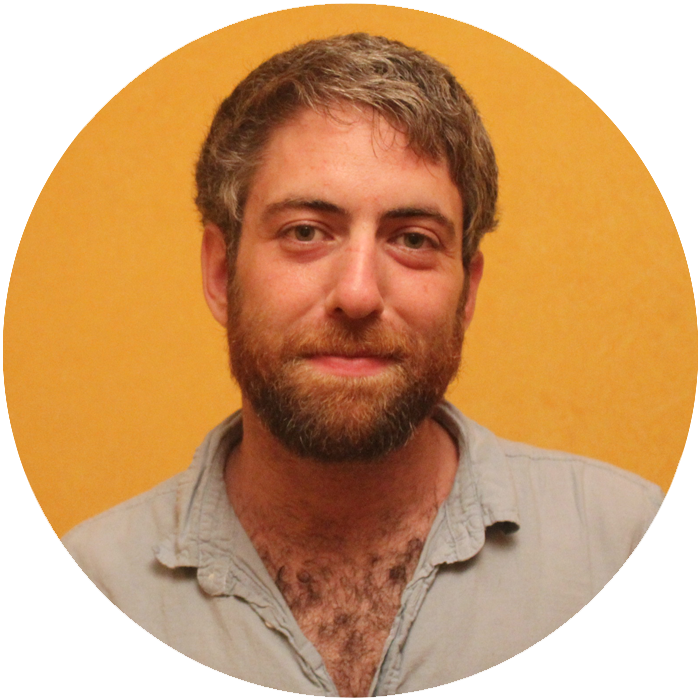
Jesse Rosenfeld
Jesse Rosenfeld is a journalist based in the Middle East since 2007, covering conflict, politics and the daily struggles of people living around the region. Reporting from Israel-Palestine, Lebanon, Iraq, Egypt, Turkey, the Balkans and central Europe, he contributes to publications including The Daily Beast, The Intercept, The Nation and Al Jazeera English. His work is the basis of the National Film Board of Canada documentary Freelancer on the Front Lines.
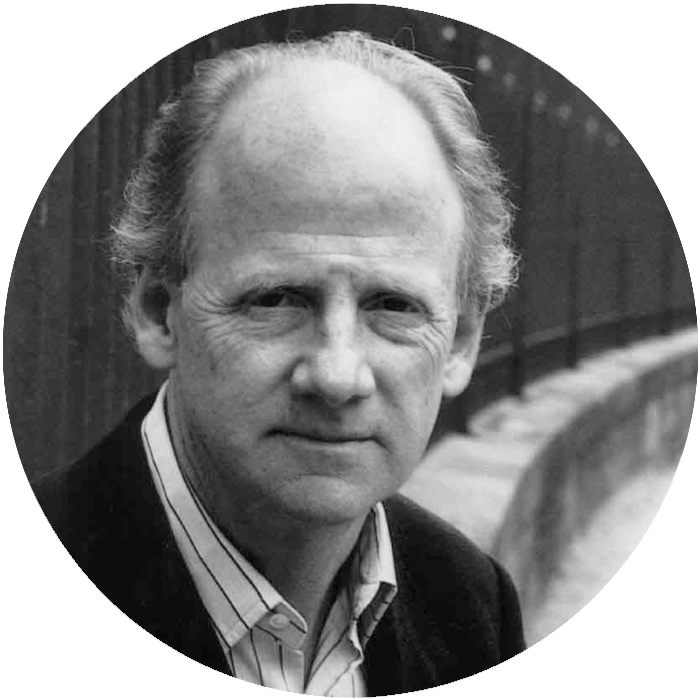
John Ralston Saul
John Ralston Saul is an essayist, novelist and President Emeritus of PEN International. He has received many national and international awards for his writing, including the Pablo Neruda Medal. He is the co-chair of the Institute for Canadian Citizenship.
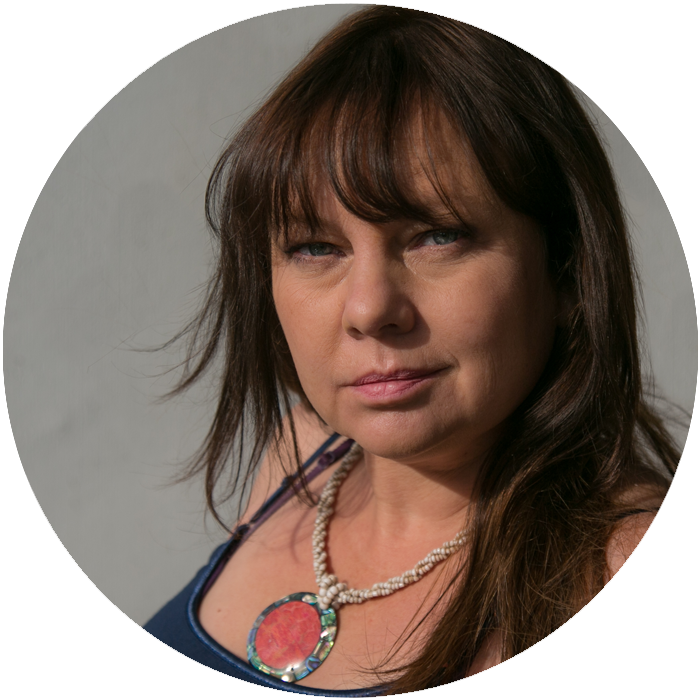
Karyn Pugliese
Karyn Pugliese is an award-winning broadcast journalist. Best known for her leadership role as the Executive Director of News and Current Affairs at the Aboriginal Peoples Television Network (APTN), Ms. Pugliese is also an investigative journalist who has specialized in covering Canadian politics, human rights and Indigenous stories. She worked previously at ichannel, Vision TV and CBC, and has also served as a communication director for the Assembly of First Nations. She is the Martin Wise Goodman Canadian Niemen Fellow at Harvard University for 2019-2020 and will be joining the team at Ryerson University as an Assistant Journalism professor next year.
A graduate of Carleton University in journalism and history, Ms. Pugliese also earned a Masters in History. Ms. Pugliese is a citizen of the Algonquin First Nation of Pikwàkanagàn. She grew up and raised her son, Zackery, on her People’s traditional, unceded territory, which is today known as Ottawa.

Kathleen Cummins
Kathleen Cummins is a media scholar and filmmaker, and holds a BA in film studies, an MFA in film production, and a PhD in women and gender studies from York University. Cummins is a full-time professor in the faculty of animation, arts and design at Sheridan College. Cummins’ films have been screened and broadcasted across Canada and internationally. Her research area and publications focus on women filmmakers and feminist cultures. Her forthcoming book Filming Feminist Frontiers, published by Wallflower Press (Columbia University Press), examines narrative feature films directed by women from former white settler nations during the 1980s and ’90s.

Kevin Siu
Kevin Siu is the Managing Editor, Longform, Features & Opinion, of The Globe and Mail. Over his 14 years at The Globe, he has been the paper’s first head of experience, the head of digital, its first head of audience and the executive editor, features. He was also the associate publisher of the now-defunct digital culture magazine Shift (and is still proud of it).

Léo Charbonneau
Léo Charbonneau has spent more than 30 years as a writer/editor for professional and trade publications. He joined the multi-award-winning University Affairs magazine in 2000 as a senior writer and then deputy editor, and became editor in 2015.
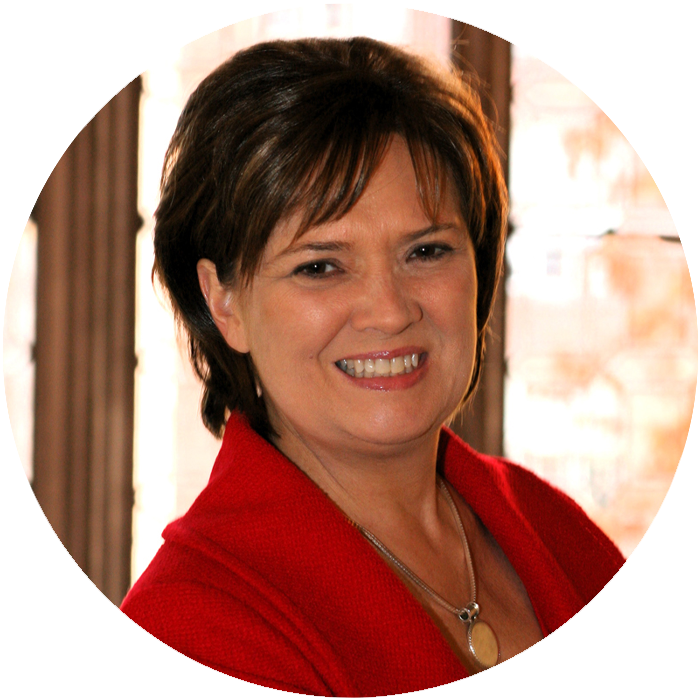
Lynn Pasquerella
Lynn Pasquerella joined the Association of American Colleges and Universities as their president in 2016, after serving as Mount Holyoke College’s 18th president. Pasquerella was the provost at the University of Hartford and the vice provost for academic affairs and dean of the Graduate School at the University of Rhode Island, where she began her career as an ethics professor in 1985. A philosopher whose work has combined teaching and scholarship with local and global engagement, Pasquerella is committed to championing liberal education, access to excellence in higher education, and civic engagement. She has written extensively on medical ethics, metaphysics, public policy, and the philosophy of law. Pasquerella is the host of Northeast Public Radio’s The Academic Minute. She is a member of the advisory Board of the Newman’s Own Foundation, sits on the boards of the Lignan Foundation and the National Humanities Alliance and is the president of the Phi Beta Kappa Society. She is a graduate of Quinebaug Valley Community College, Mount Holyoke College and Brown University. In addition, she has received several honorary doctorates.
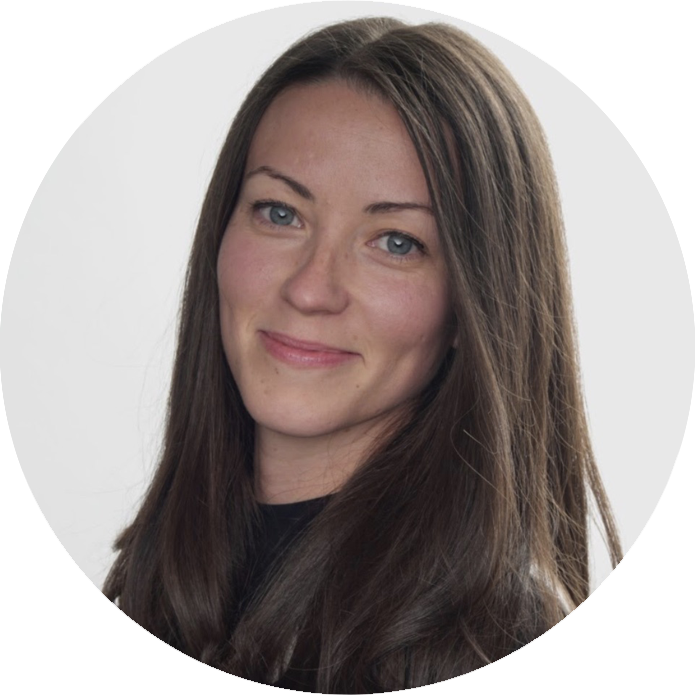
Maggie Reid
Maggie Reid is a journalist, producer, and researcher. She is the Journalism Fellow at the Jackman Humanities Institute and host of the lower case truth podcast, which takes a critical look at the “post truth” moment we are living in. She is a producer at CBC Radio’s Ideas. Maggie is the co-founder of King Squared Media, a media production company based in Toronto that creates feature films, documentary, and branded content. She has a PhD in Communication and Culture that focused on online personal branding practices amongst emerging journalists in an industry that is reinventing itself and overrun with unstable working conditions. Her research examined how the work of doing journalism and the governing values of the profession, including journalistic autonomy, have shifted greatly.
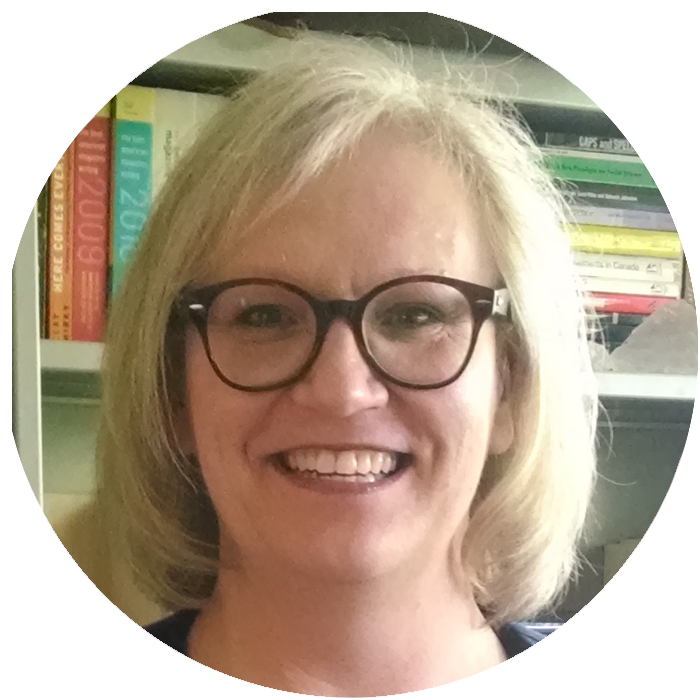
Maija Saari
Maija Saari is the associate dean of film, television and journalism at Sheridan College. Before moving into broader academic leadership roles within the Ontario college system, she taught and provided program leadership in journalism programs in both universities and colleges in Ontario. Her research interests are rooted in critical qualitative sociology and focus upon issues surrounding agency and authority of professionals within institutions such as the media and higher education. She has studied pharmacists, science journalists, and journalism educators, and is particularly interested in cultural boundary-making and boundary-crossing as professional activity. Her doctoral thesis for OISE at U of T critically examines the recent era of university-college collaboration in Ontario and its effect upon journalism as a program of study, journalism as a scholarly discipline, and journalism education as a career.
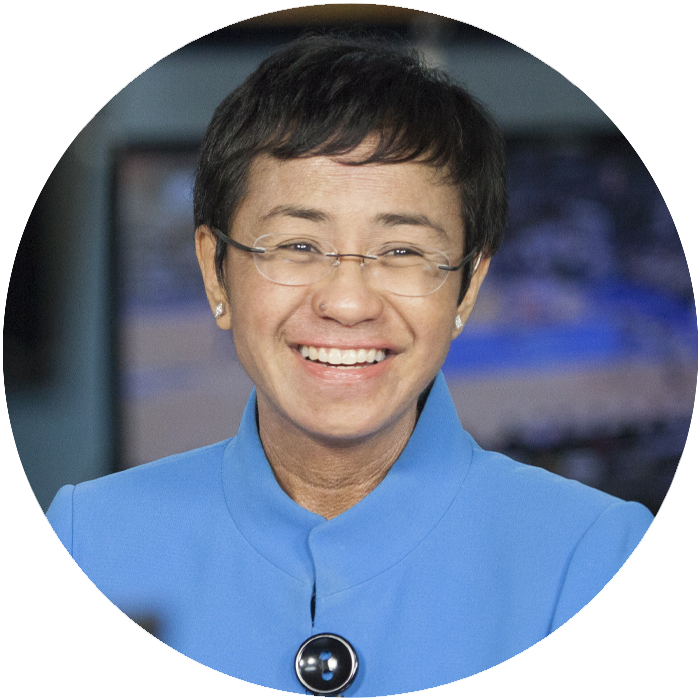
Maria Ressa
Maria Ressa has been a journalist in Asia for more than 30 years. She was CNN’s bureau chief in Manila then Jakarta, and became CNN’s lead investigative reporter focusing on terrorism in Southeast Asia. She is the author of two books – Seeds of Terror: An Eyewitness Account of al-Qaeda’s Newest Center of Operations in Southeast Asia and From Bin Laden to Facebook.
In 1987, Ressa co-founded the independent production company, Probe. In 2005, she managed ABS-CBN News and Current affairs, the largest multi-platform news operation in the Philippines. Her work aimed to redefine journalism by combining traditional broadcast, new media and mobile phone technology for social change.
Ressa has been honored around the world for her courageous and bold work in fighting disinformation, “fake news”, and attempts to silence the free press. This year, she won the prestigious Golden Pen of Freedom Award from the World Association of Newspapers and News Publishers (WAN-INFRA), the Knight International Journalism Award of the International Center for Journalists, the Gwen Ifill Press Freedom Award of the Committee to Protect Journalists, the Journalist of Courage and Impact Award of East-West Center, and the IX International Press Freedom Award of University of Málaga and UNESCO, among others.
The CEO and Executive Editor of Rappler.com, Ressa is one of the founders of the 6-year-old company, that is one of the leading online news organizations in the Philippines.

Matias Spektor
Matias Spektor is an associate professor and the associate dean of Fundação Getulio Vargas’s School of International Relations. He holds a doctorate from the University of Oxford and is the author of 18 Days: when Lula and FHC united to win Bush’s support (18 Dias: quando Lula e FHC se uniram para conquistar o apoio de Bush – 2014), Kissinger and Brazil (Kissinger e o Brasil – 2009), and Azeredo da Silveira: a testimonial (Azeredo da Silveira: um depoimento – 2010). He was a visiting fellow at the London School of Economics (2009), the Council on Foreign Relations (2010), and the Woodrow Wilson International Center for Scholars (2012). In 2013, Spektor was the Rio Branco Chair in International Relations at King’s College London. More recently, he has published articles in periodicals such as Foreign Affairs, Journal of Democracy, Cold War History and The Nonproliferation Review. In addition to signing a weekly column on foreign policy for Folha de S. Paulo, Spektor has published in The New York Times and in the Financial Times.
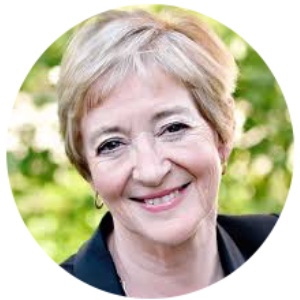
Maude Barlow
Maude Barlow is the Honorary Chairperson of the Council of Canadians and chairs the board of Washington-based Food and Water Watch. She serves on the executive of the Global Alliance for the Rights of Nature and is a Councillor with the Hamburg-based World Future Council.
Maude is the recipient of fourteen honorary doctorates as well as many awards, including the 2005 Right Livelihood Award (known as the “Alternative Nobel”), the 2005 Lannan Foundation Cultural Freedom Fellowship Award, the Citation of Lifetime Achievement at the 2008 Canadian Environment Awards, the 2009 Earth Day Canada Outstanding Environmental Achievement Award, the 2009 Planet in Focus Eco Hero Award, and the 2011 EarthCare Award, the highest international honour of the Sierra Club (US).
In 2008/2009, she served as Senior Advisor on Water to the 63rd President of the United Nations General Assembly and was a leader in the campaign to have water recognized as a human right by the UN. She is also the author of dozens of reports, as well as 18 books, including her latest, Blue Future: Protecting Water For People And The Planet Forever and Boiling Point, Government Neglect, Corporate Abuse and Canada’s Water Crisis.
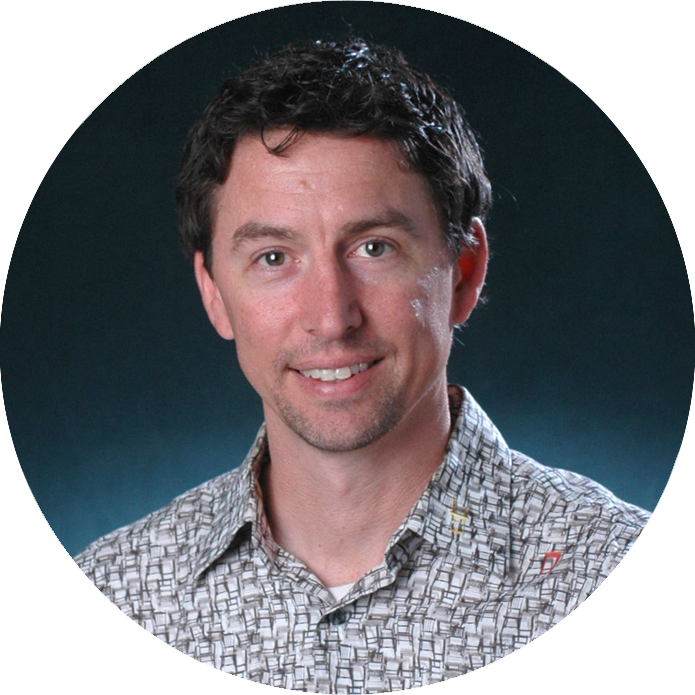
Max Boykoff
Max Boykoff is the director of the Center for Science and Technology Policy, which is part of the Cooperative Institute for Research in Environmental Sciences at the University of Colorado Boulder. He also is an associate professor in the environmental studies program. He earned a PhD in environmental studies from the University of California-Santa Cruz and bachelor of sciences in psychology from Ohio State University. Max has ongoing interests in cultural politics and environmental governance, science and environmental communications, science-policy interactions, political economy and the environment, and climate adaptation. He has consequently has produced many peer-reviewed journal articles, book chapters, and books in these subjects.

Megan Boler
Megan Boler is a full professor at the department of social justice education at the Ontario Institute for Studies in Education, University of Toronto. Her books include Feeling Power: Emotions and Education (Routledge 1999); Democratic Dialogue in Education (Peter Lang 2004); Digital Media and Democracy: Tactics in Hard Times (MIT Press 2008); and DIY Citizenship: Critical Making and Social Media (eds. Ratto and Boler, MIT Press 2014). Funded by Canadian Social Science and Humanities Research Council (SSHRC) for the last 10 years, her previous research projects include: “Rethinking Media Democracy and Citizenship,” which examined the motivations of producers of web-based challenges to traditional news (2005-08); “Social Media in the Hands of Young Citizens” (2010-13), a mixed-methods study of women participants’ experience in the Occupy Wall Street movement, including interviews with women in seven North American cities. Her web-based productions include the official study guide to the documentary The Corporation (dirs. Achbar and Abbott 2003), and the multimedia website Critical Media Literacy in Times of War. She has just been awarded a SSHRC funding for the next three years, to examine the role of emotion in narratives of racial and national belonging for spreading disinformation, in the context of upcoming Canadian and U.S. elections.
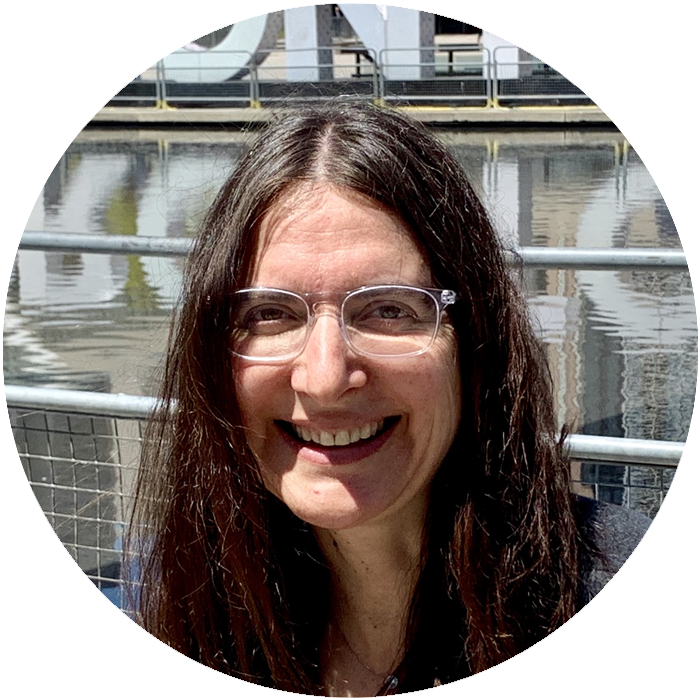
Melissa Levin
Melissa Levin (PhD, Political Science) is the co-ordinator of the South-North dialogue project, an Andrew W. Mellon funded project between the Jackman Humanities Institute and the Centre for Humanities Research at the University of the Western Cape. She also teaches African Studies at New College. Her most recent book is a co- edited volume (with Thembela Kepe and Bettina von Lieres), Domains of Freedom: Justice, Citizenship and Social Change in South Africa. Her current research focuses on ‘travelling settler colonialism(s)’ specifically focusing on geographic place names to illustrate and understand its global reach, institutional practices and consequences. Before returning to university, Melissa worked as the research and strategy director for elections for the African National Congress. She served on the national executive committee of the African National Congress Youth League and worked as a strategist for both the National Union of Mineworkers and the media company, New Africa Investments Limited. She contributes to the popular and critical blog, Africaisacountry.
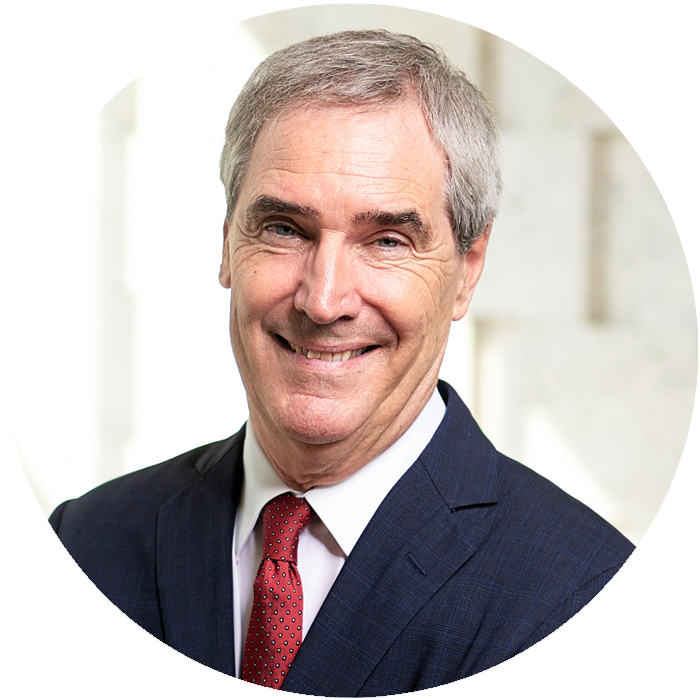
Michael Ignatieff
Born in Canada, educated at the University of Toronto and Harvard, Michael Ignatieff is a university professor, writer, and former politician.
His major publications are The Needs of Strangers (1984), Scar Tissue (1992), Isaiah Berlin (1998), The Rights Revolution (2000), Human Rights as Politics and Idolatry (2001), The Lesser Evil: Political Ethics in an Age of Terror (2004), Fire and Ashes: Success and Failure in Politics (2013), and The Ordinary Virtues: Moral Order in a Divided World (2017).
Between 2006 and 2011, he served as an MP in the Parliament of Canada and then as Leader of the Liberal Party of Canada and Leader of the Official Opposition. He is a member of the Queen’s Privy Council for Canada and holds thirteen honorary degrees.
Between 2012 and 2015, he served as Centennial Chair at the Carnegie Council for Ethics in International Affairs in New York.
Between 2014 and 2016, he was Edward R. Murrow Professor of the Practice of the Press, Politics and Public Policy at the Harvard Kennedy School.
He is currently the Rector and President of Central European University in Budapest.
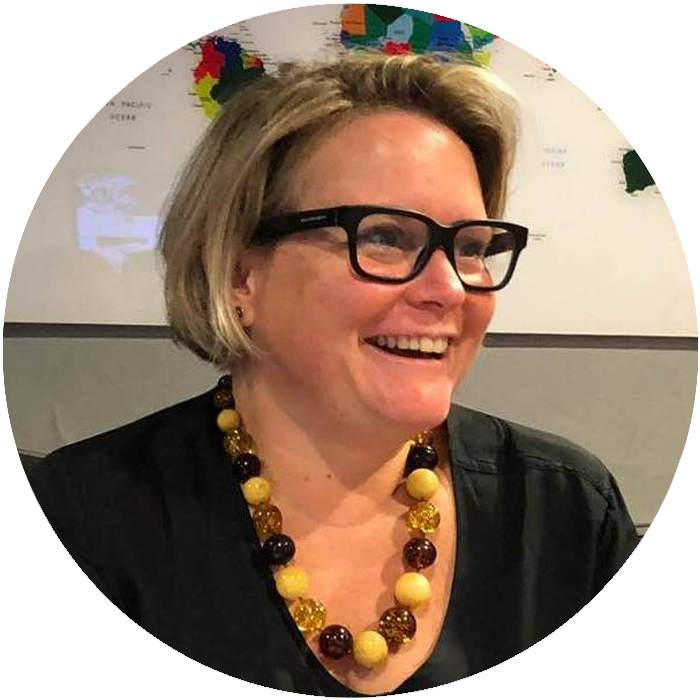
Morgan Waters
Morgan Waters helped set up Al Jazeera’s English language station in 2006 and stayed on at the channel’s Doha Headquarters as an editor and executive producer for 13 years and through many storms: the global recession, the Haiti earthquake, the Arab Spring and its never-ending hangover, among others. She was thinking about moving back to Canada in 2016, but when it looked like Donald Trump was going to win the US presidency, she decided she had to stick around to contribute to Al Jazeera’s perspective on that extraordinary American administration. She now lives in Ottawa, where she works as a freelance consultant to Al Jazeera’s digital platforms. She has also worked for the BBC, Montreal Gazette, the Edmonton Journal, the Calgary Herald, and CTV news.
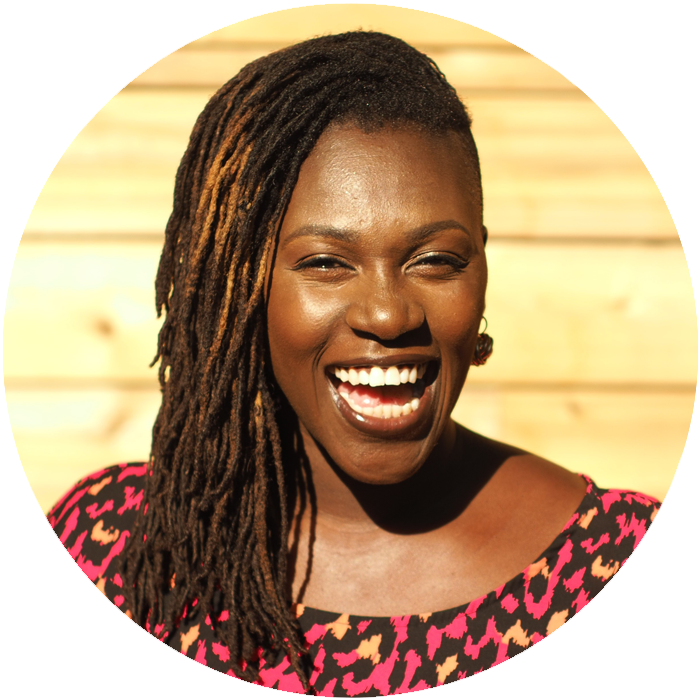
Nana aba Duncan
Nana aba Duncan is the creator, host and producer of Media Girlfriends, a behind-the-scenes look at women who work in media. She currently hosts and produces on CBC Radio One’s Fresh Air, and has guest hosted on As It Happens and Metro Morning. Previously, Nana aba produced a weekly human rights radio program for Journalists for Human Rights in her birth country, Ghana, where she was also JHR’s country director.
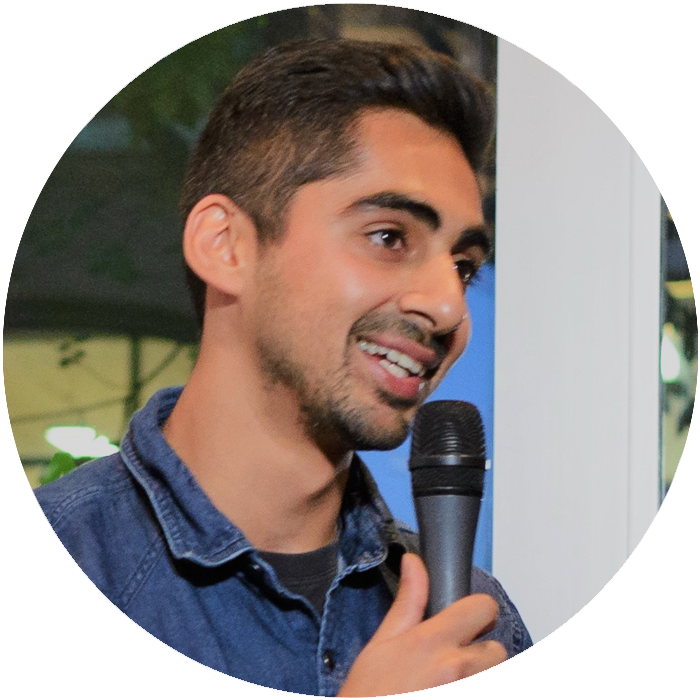
Nasr Ahmed
Nasr Ahmed is the CWA Canada Associate Membership Coordinator. He has formerly worked as a CBC sports producer and the technical director of the Brampton Beast Hockey Club of the ECHL. Ahmed is also an active community organizer in Toronto.

Natasha Grzincic
Natasha Grzincic is an editor with over a decade of experience turning complicated ideas into smart and provocative digital stories. She’s happiest doing work that’s at the overlap of journalism, technology, and social justice.
At Motherboard, VICE’s science and tech news section, she oversees all Canadian content. (She has no tats—yet.) Prior to VICE, Tash was digital news lead at the Toronto Star, working with editors and reporters on how best to tell the news of the day across platforms. She is also a co-founder of Canadian Journalists of Colour, a networking and resource-sharing group for racialized journalists.

Nermeen Shaikh
Nermeen Shaikh is a co-host and news producer at Democracy Now! She is the author of The Present as History: Critical Perspectives on Global Power published by Columbia University Press. She was previously managing editor at the Asia Society in New York City. She has a honours bachelor degree from Queen’s University in Canada, and an M.Phil. in politics from Cambridge University. She regularly speaks on issues ranging from contemporary news media and film to politics, psychoanalysis, and literature. She has presented in various venues including the United Nations, TEDx Danubia (Hungary), the Toronto International Film Festival, the Lahore Literary Festival, the psychoanalysis division of the American Psychological Association, the European Association for Commonwealth Literature and Language Studies, the World Social Forum, among others.
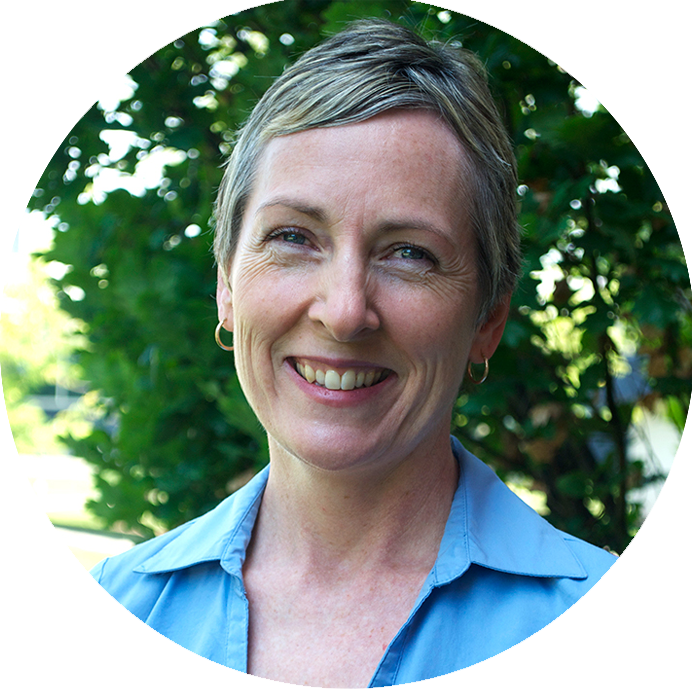
Nicole Blanchett Neheli
Nicole Blanchett Neheli is a professor in the journalism and bachelor of film and television programs at Sheridan College in Oakville, Canada. She has extensive experience with curriculum development and design. Her current area of research is the use of audience data in newsrooms: how a variety of metrics and analytics are impacting journalistic boundaries, news practice, and public discourse. She is also part of an international research team for the Journalistic Role Performance Around the Globe Project, a comparative exploration of the potential disconnect between journalists’ ideals and practice. Her master’s thesis on participatory journalism at Canada’s national broadcaster, CBC, was nominated for a Governor General’s Gold Medal Award and won the Diana Beeson Memorial Award for a thesis demonstrating excellence of scholarship. Blanchett Neheli is a regular contributor to The Canadian Journalism Project: J-Source, her work has been featured on MediaShift, she has her own blog Redefining Journalism, her research has been published in a variety of academic publications, and presented at key conferences in Canada and Europe. She has also acted as a jury member for multiple journalism awards, including the Canadian Association of Journalists. Before joining the academic world, she worked at CityTV in Toronto as a news writer and show producer.
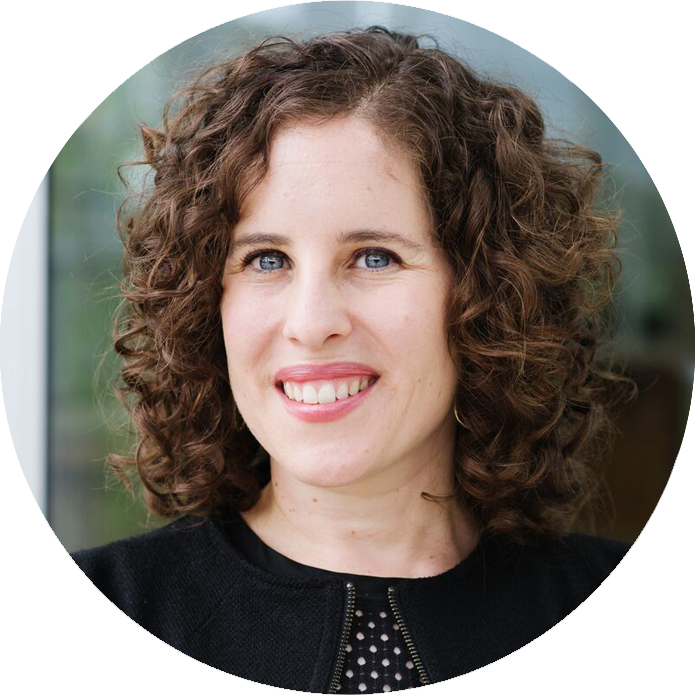
Nicole Cohen
Nicole Cohen is an assistant professor at the University of Toronto (Institute of Communication, Culture, Information, and Technology and the faculty of information). She is the author of Writers’ Rights: Freelance Journalism in a Digital Age (McGill-Queen’s University Press, 2016), which received the 2017 Gertrude J. Robinson Book Prize from the Canadian Communication Association. Her research on work, labour, and collective organizing in journalism, media, and cultural industries has been published internationally in books, journals, and magazines, including Journalism Practice, South Atlantic Quarterly, The Communication Review, The European Journal of Cultural Studies, Digital Journalism, and Feminist Media Studies. Nicole is the co-founder of Shameless magazine and is on the advisory board of the Canadian Intern Association.

Pallak Arora
Pallak Arora is a program director at The Mosaic Institute. Most of her time is spent on managing UofMosaic, the university fellowship program that brings together students from across Canada for a nine-month long experience. She coaches them through an experiential learning process of creating and implementing a national social action campaign about an issue that they are passionate about. Previously, she has worked with new immigrants to highlight the challenges they face upon relocation from urban to rural centres. Arora is passionate about working with youth to create socio-political change and is interested in improving the migrant experience in Canada. She enjoys writing poetry, dancing, and is an avid foodie, which is to be expected given her Punjabi roots.

Patti Sonntag
Patti Sonntag is the director of the Institute for Investigative Journalism (IIJ), based at Concordia University in Montreal. A former managing editor in the New York Times’ news services division, she facilitates collaborations between Canadian universities and media companies, including the award-winning national investigation The Price of Oil and other IIJ projects. She is a recipient of the Michener Fellowship in Journalism Education and a board member of Canadian Journalists for Free Expression.

Paul Axelrod
Paul Axelrod is a professor emeritus and former dean of the faculty of the education at York University. He is the author or editor of nine books on the history and politics of schooling and higher education, including Values in Conflict: The University; the Marketplace, and the Trials of Liberal Education; and Making Policy in Turbulent Times: Challenges and Prospects for Higher Education (co-editor). He is a recipient of the distinguished contribution award from the Canadian History of Education Association.

Paul Basken
Paul Basken joined Times Higher Education as North America editor in September 2018. He was previously a government policy and science reporter with The Chronicle of Higher Education, where he won an annual National Press Club award for exclusives. He founded the State Department bureau at Bloomberg News, was a White House and international correspondent with United Press International, and serves on the editorial advisory board of ASEE’s Prism Magazine.

Philip Glennie
Philip Glennie is best known as the managing editor of the Academica Top Ten, a daily Canadian higher ed news digest with over 28,000 subscribers. Through his work supporting Academica’s online content and proprietary research, Glennie has become deeply invested in the top trends and developments impacting media and communications in the higher education landscape. He currently serves as director of marketing and communications at Academica Group, a research and consulting firm based in post-secondary education. Glennie earned his PhD in English literature from Western University in 2011.
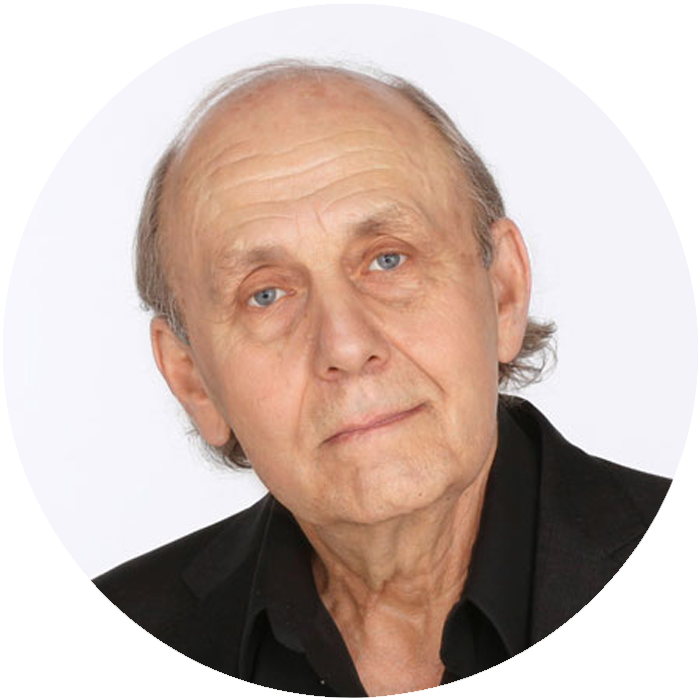
Rick Salutin
Rick Salutin has written plays, including 1837, about the historic rebellion, and Les Canadiens, about the hockey team. He’s also written novels, history, biography and essays, such as his recent collection, What Was I Thinking? He has written for many magazines and did a weekly column in the Globe and Mail for 20 years. He provides weekly columns and videos in The Star. In the past he studied at numerous universities and seminaries, worked in the labour movement and was active in political causes, including the epic, though failed, campaign against free trade and NAFTA- on which he wrote the book, Waiting for Democracy.

Rob Cribb
Robert Cribb is an investigative and foreign affairs reporter at the Toronto Star. He has received national reporting awards and citations for investigations into offshore tax evasion, child exploitation, human trafficking, dangerous doctors, and public-health threats. Cribb is the founder and president of Canadian journalism charity Veritas – Advancing Journalism in the Public Interest and is co¬-author of Digging Deeper: A Canadian Reporter’s Research Guide (Oxford University Press). He teaches investigative reporting at Ryerson University’s School of Journalism and the University of Toronto.
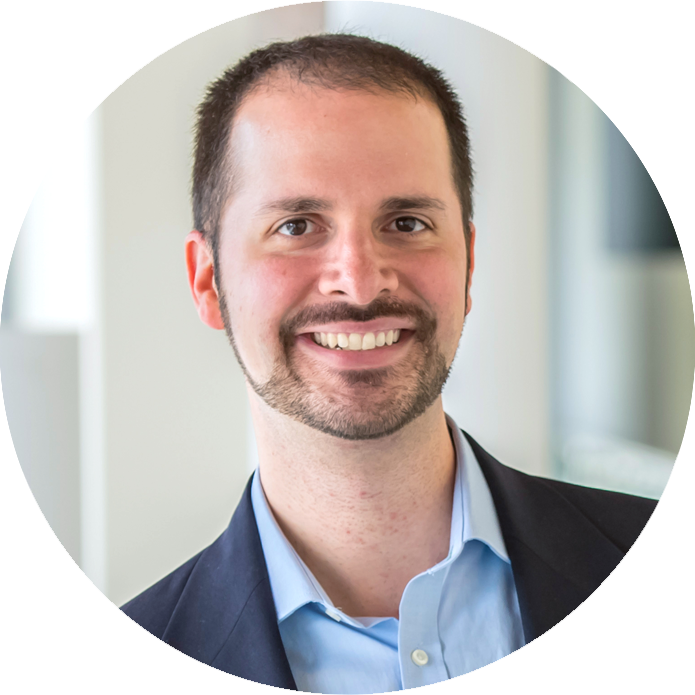
Rodrigo Zamith
Rodrigo Zamith is an assistant professor in the journalism department at the University of Massachusetts Amherst. His research interests lie at the intersection of journalism and technology, with a focus on the reconfiguration of journalism in a changing media environment and the development of digital research methods for social scientists. Zamith’s research has been published in leading peer-reviewed journals, including the Journal of Computer-Mediated Communication, Journal of Broadcasting and Electronic Media, Digital Journalism, and The ANNALS of the American Academy of Political and Social Science. He also teaches classes on data-driven storytelling and international journalism. Zamith is an affiliate faculty member of the University of Massachusetts Amherst’s Computational Social Science Institute.
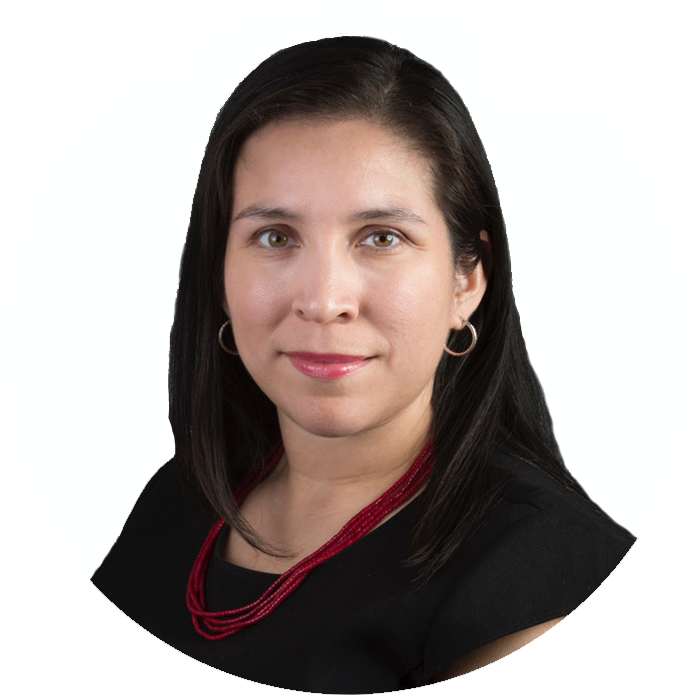
Ruth M. López
Ruth M. López is an assistant professor in the department of educational leadership and policy studies in the College of Education at the University of Houston. She earned a PhD in Educational Foundations, Policy, and Practice at the University of Colorado Boulder in 2015. For her dissertation research on television news coverage of the DREAM Act of 2010, López was awarded the 2014 AERA Minority Dissertation Fellowship. Formerly, she was a senior research associate at the Annenberg Institute for School Reform at Brown University. Her research agenda centers on examining the educational experiences, opportunities, and outcomes of students of colour along the P-20 pipeline – specifically focusing on Latinx and immigrant students. She examines immigration policy and its implications on education in order to identify policies and practices that can remove the barriers that immigrant students and families face in both K-12 and higher education institutions. López has been published by the Association of Mexican American Educators Journal and has two chapters forthcoming in edited books: Critical Perspectives on Education Policy and Schools, Families and Communities and Education and (Im)migration: Policy, Leadership and Praxis for a Changing World.
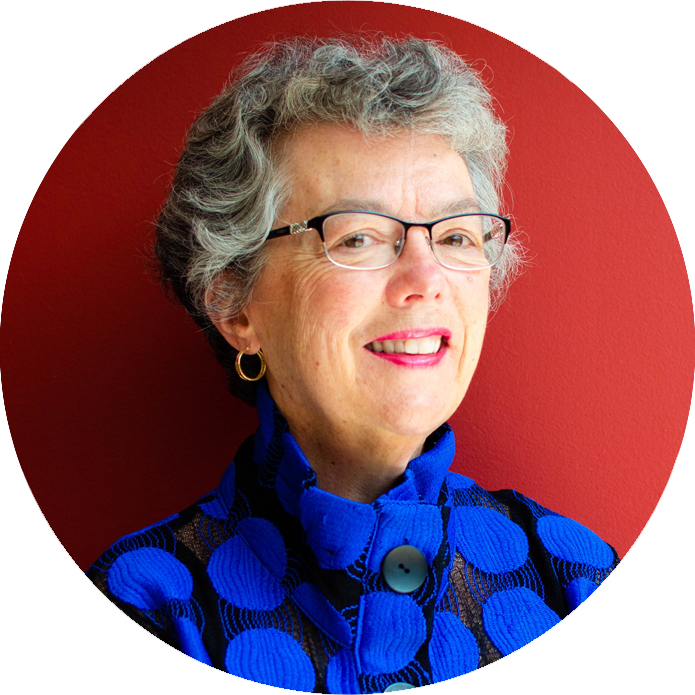
Sandra Quinn
Sandra Quinn is a professor and the chair of the department of family science, and the senior associate director of the Maryland Center for Health Equity, School of Public Health at the University of Maryland in College Park. She is currently the principal investigator (w Broniatowski) on a National Institute of General Medical Sciences/NIH grant, Supplementing Survey-Based Analyses of Group Vaccination Narratives and Behaviors Using Social Media. She was principal investigator (with Thomas) on a National Institute on Minority Health and Health Disparities/NIH Center of Excellence in Race, Ethnicity and Health Disparities Research, in which she was the principal investigator on a mixed methods study, Uncovering and Addressing Cultural Beliefs behind Vaccine Racial Disparities. She was also the principal investigator on two FDA funded studies: 1) Public Attitudes Toward Medical Countermeasures and 2) Investigating Factors Associated with Participation of Racial and Ethnic Minority Populations in FDA Regulated Research. Quinn was also principal investigator (with Thomas) of a Grand Opportunity grant from the Office of the Director, NIH: “Bioethics Research Infrastructure Initiative: Building Trust between Minorities and Researchers.” She was the principal investigator of two CDC funded studies on Public Attitudes Toward H1N1 Influenza during the H1N1 influenza pandemic and a funded qualitative study of communication between postal workers and public health professionals during the 2001 anthrax attack. Her research interests include vaccine acceptance in routine and emergency situations; social media and vaccine narratives; racial disparities in vaccine uptake; crisis and emergency risk communication; and engagement of minority and marginalized communities in research.

Scott Jaschik
Scott Jaschik is one of the three founders of Inside Higher Ed. He leads the editorial operations of Inside Higher Ed, overseeing news content, opinion pieces, career advice, blogs, and other features. Jaschik is a leading voice on higher education issues, quoted regularly in publications nationwide, and publishing articles on colleges in publications such as The New York Times, The Boston Globe, The Washington Post, Salon, and elsewhere. He has been a judge or screener for the National Magazine Awards, the Online Journalism Awards, the Folio Editorial Excellence Awards, and the Education Writers Association Awards. Jaschik served as a mentor in the community college fellowship program of the Hechinger Institute on Education and the Media, of Teachers College at Columbia University. He is a member of the board of the Education Writers Association. Jaschik grew up in Rochester, N.Y., and graduated from Cornell University in 1985. He lives in Washington.

Scott White
Scott White is the editor of The Conversation Canada. Previously, he was editor-in-chief of The Canadian Press and vice-president, content strategy and business development at Postmedia Network. He has an MBA from the Rotman School of Management at the University of Toronto and is a graduate of the journalism program at Ryerson University.
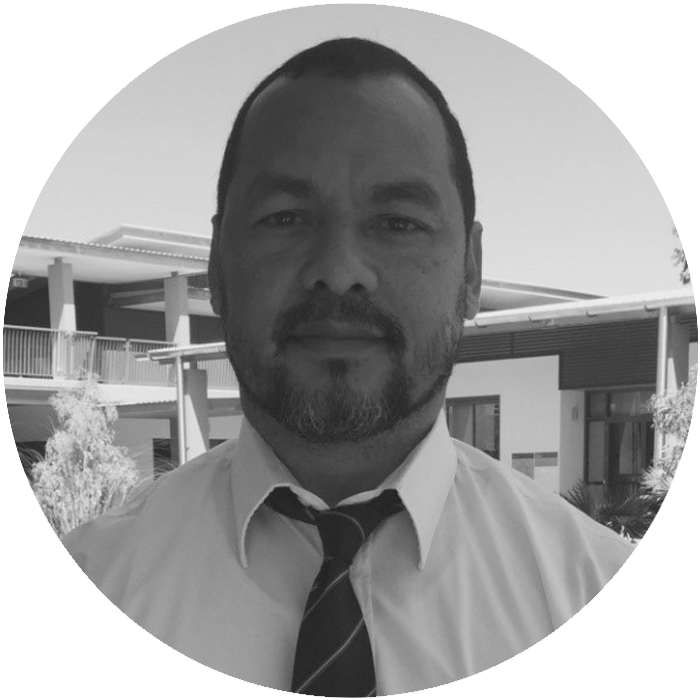
Shane Motlap
Shane Motlap is the current chair of the Aboriginal and Torres Strait Islander Policy Committee of the National Tertiary Education Industry Union (NTEU). The NTEU represents the industrial rights and interests of employees within the Australian higher education and vocational education and training sectors. In this role, Motlap considers industrial matters from a national perspective with particular emphasis on establishing supportive enterprise bargaining agreements that enable the recruitment and retention of Aboriginal and Torres Strait Islander employees in each of the 38 Australian universities. Motlap is an Mbarbaram man with cultural connections and affiliations to the Aboriginal nations of Agwamin, Gugubhadin, Djirbalngan, Tjapukai and Yidinji of far north Queensland, with further connections to Aboriginal nations in Cape York, Queensland.
Motlap has been employed since 2014 as a policy officer in the Office of the Pro Vice Chancellor Indigenous Leadership at Charles Darwin University. While his work portfolio is ever expanding, his current focus is on providing executive-level advice and support to the university’s current strategic planning process in terms of how the university can achieve its goal of becoming the ‘university of choice’ for current and future Aboriginal Australian students and staff. Motlap holds postgraduate research qualifications focussing on how Aboriginal Australian nations can achieve a degree of economic independence. He has an extensive teaching history in the Australian tertiary sector of education spanning more than two decades with a complementary profile of experience in curriculum development in both vocational education and training, and higher education.
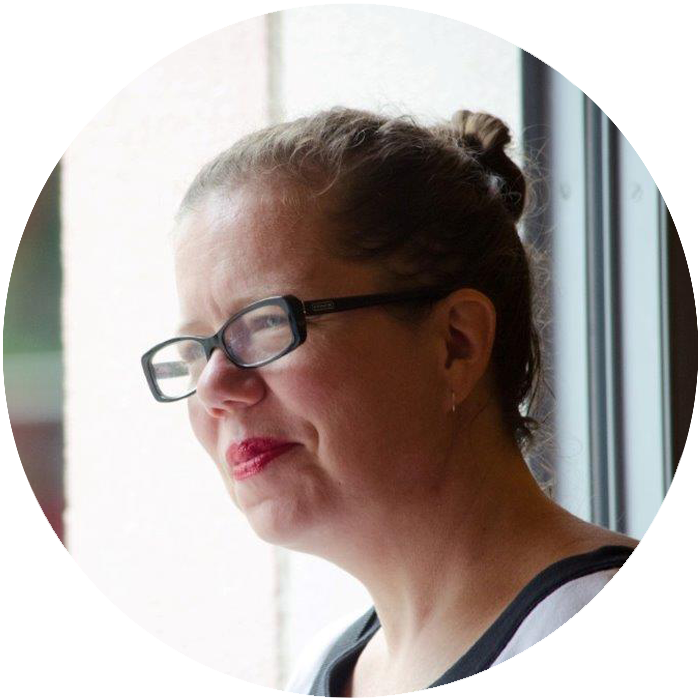
Shannon Dea
Shannon Dea is an associate professor of philosophy at University of Waterloo and the vice-president of the Faculty Association of the University of Waterloo. She researches and teaches about the history of philosophy (17th to 20th century), sex and gender, pedagogy, equity, and academic freedom. She is the author of Beyond the Binary: Thinking About Sex and Gender (Peterborough: Broadview, 2016), and of numerous articles and book chapters. Dea regularly gives public talks and media interviews on matters related to academic freedom, freedom of expression, gender, and social justice. She is a recipient of the Ontario Women’s Directorate’s Leading Women Building Communities Award (2013) and of University of Waterloo’s Distinguished Teacher Award (2018). Dea is the author of the monthly online University Affairs column, Dispatches on Academic Freedom (https://www.universityaffairs.ca/opinion/dispatches-academic-freedom/).
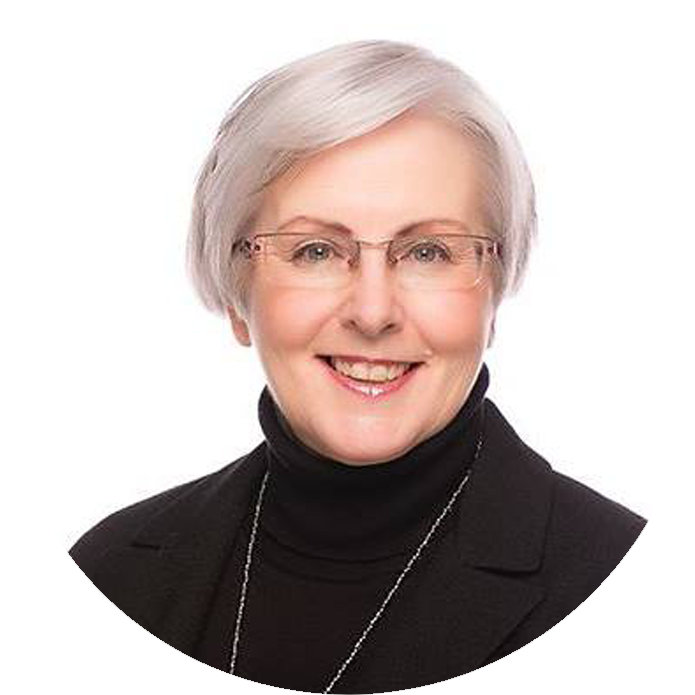
Shannon Sampert
Shannon Sampert is an associate professor of political science and the director of the Media Centre for Public Policy and Knowledge Mobilization at the University of Winnipeg. She was the op-ed editor of the Winnipeg Free Press from 2014-17 and the editor-in chief of EvidenceNetwork.ca from 2017-18. She is recognized internationally as a media expert on mediatization of women politicians and has been asked to provide her expertise in a number of different capacities to discuss the changing landscape of media in Canada. Prior to becoming a professor, she was a reporter and news anchor in radio, television, and newspapers in Alberta, British Columbia, and Saskatchewan.
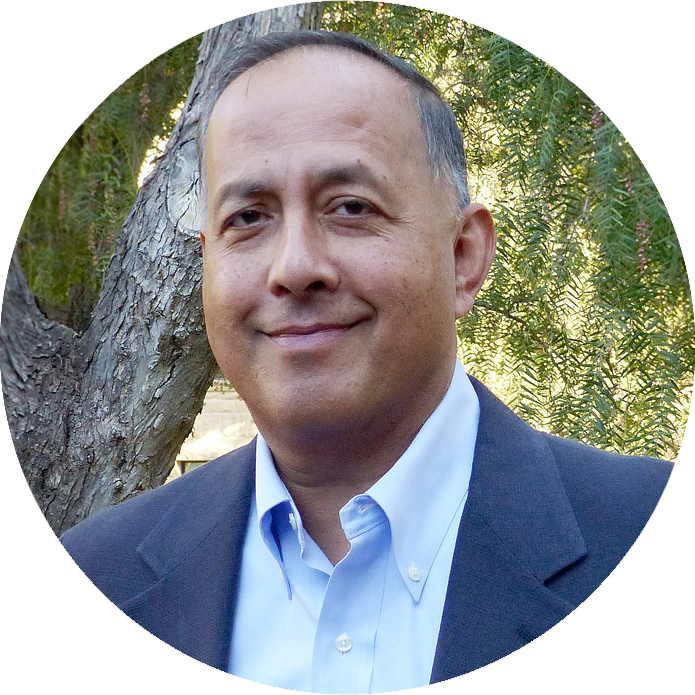
Shanto Iyengar
Shanto Iyengar is a professor of political science at Stanford University. His teaching and research addresses the role of the news media in contemporary American politics. He is the author of several books including Media Politics: A Citizen’s Guide (W. W. Norton, 2018), Going Negative: How Political Advertisements Shrink and Polarize the Electorate (Free Press, 1995), and News That Matters: Television and American Opinion (University of Chicago Press, 1987). Iyengar’s scholarly awards include the Murray Edelman Career Achievement Award for research in political communication, the Philip Converse Award for the best book in the field of public opinion (for News That Matters), the Goldsmith Book Prize (for Going Negative), and the Distinguished Alumni Achievement Award from the University of Iowa. He is a member of the American Academy of Arts and Sciences and the Royal Norwegian Academy of Science and Letters.

Shree Paradkar
Shree Paradkar is the Atkinson Fellow in Public Policy, examining the urgent topic of Decolonizing Education. She is also the Toronto Star’s Race and Gender Columnist tackling issues of discrimination and identity. Shree is the author of Betrayed: My cousin’s wrongful conviction for the murder of her daughter, Aarushi. She is an international journalist who has worked in leading newsrooms in Toronto, Singapore, Bangalore, and Mumbai.
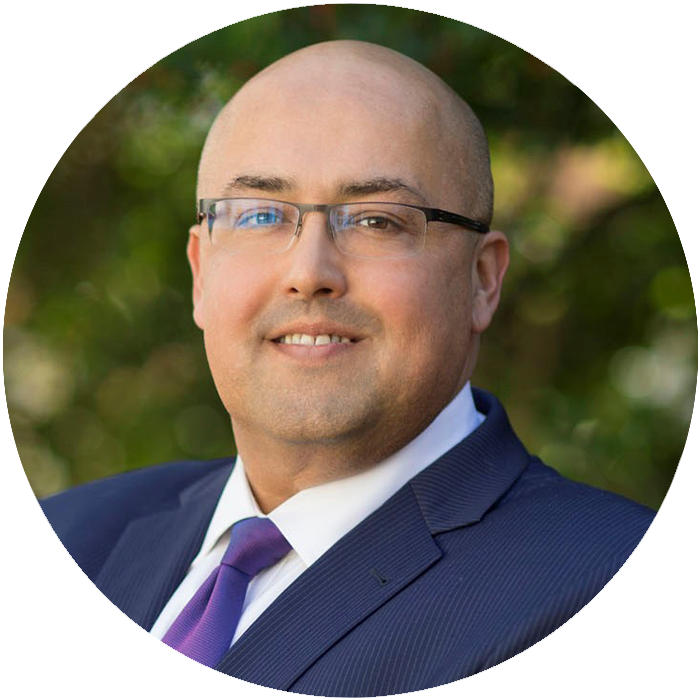
Siva Vaidhyanathan
Siva Vaidhyanathan is the Robertson Professor of Media Studies and director of the Center for Media and Citizenship at the University of Virginia.
He is the author of Antisocial Media: How Facebook Disconnects Us and Undermines Democracy (Oxford University Press, 2018). He also wrote Intellectual Property: A Very Short Introduction (Oxford University Press, 2017), and The Googlization of Everything — and Why We Should Worry (University of California Press, 2011). He has written two previous books: Copyrights and Copywrongs: The Rise of Intellectual Property and How it Threatens Creativity (New York University Press, 2001), and The Anarchist in the Library: How the Clash between Freedom and Control is Hacking the Real World and Crashing the System (Basic Books, 2004). He also co-edited (with Carolyn Thomas) the collection, Rewiring the Nation: The Place of Technology in American Studies (Johns Hopkins University Press, 2007).
Vaidhyanathan directs the Center for Media and Citizenship at the University of Virginia, which produces several podcasts and the Virginia Quarterly Review magazine. He has appeared in an episode of The Daily Show with Jon Stewart to discuss early social network services. Vaidhyanathan has appeared in several documentary films, including Terms and Conditions May Apply (2013), Inside the Mind of Google (2009), and Freedom of Expression (2007). In 2016, Vaidhyanathan played a prominent role in the higher-education documentary, Starving the Beast. Vaidhyanathan was portrayed as a character on stage at the Public Theater in New York City in a play called Privacy (2016). Vaidhyanathan served on the board of the Digital Public Library of America from 2012-18.
Vaidhyanathan is a regular columnist for the Guardian and has written for many other periodicals, including the New Yorker, the New York Times, Bloomberg View, the Baffler, IEEE Spectrum, American Scholar, Dissent, the Chronicle of Higher Education, the New York Times Magazine, Slate.com, BookForum, Columbia Journalism Review, Washington Post, Esquire.com, Virginia Quarterly Review, the New York Times Book Review, and the Nation. He is a frequent contributor to public radio programs and has appeared on news programs on BBC, CNN, NBC, CNBC, MSNBC, and ABC.
After five years as a professional journalist, he earned a PhD in American studies from the University of Texas at Austin. Vaidhyanathan has also taught at Wesleyan University, the University of Wisconsin at Madison, Columbia University, New York University, McMaster University, and the University of Amsterdam. He is a fellow at the New York Institute for the Humanities and a faculty associate of the Berkman Center for Internet and Society at Harvard University. He was born and raised in Buffalo, New York and resides in Charlottesville, Virginia.
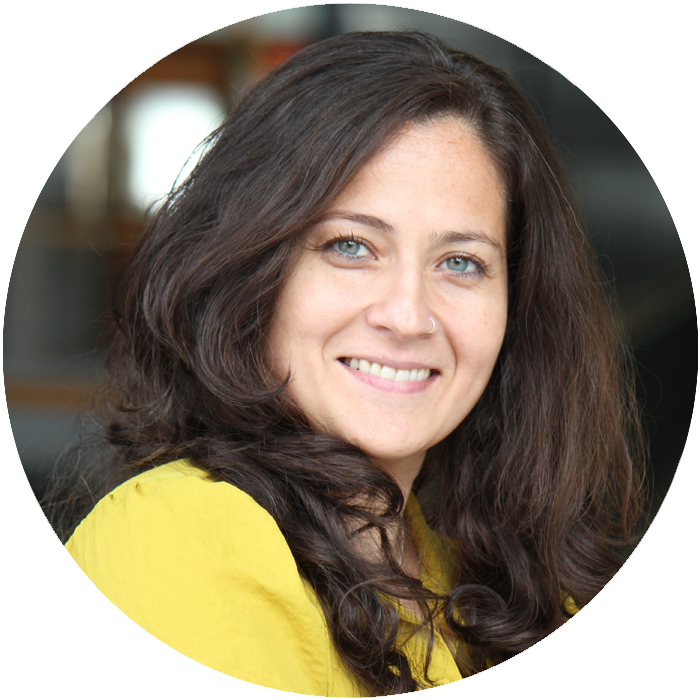
Sonya Fatah
Sonya Fatah is the Editor-in-Chief of J-Source and an assistant professor at the Ryerson School of Journalism at Ryerson University where she co-instructs the courses that produce the Ryerson Review of Journalism and the Ryersonian. She has 15 years of international reporting experience. She has reported in Canada, Pakistan, India and South Africa. Her work has appeared in Maclean’s, the Globe and Mail, the Toronto Star, The Walrus, Columbia Journalism Review and GlobalPost. Sonya’s research interests include nationalist discourse and its influence on foreign and local coverage, the practice of live journalism and the impact of youth journalism projects in vulnerable communities. Sonya is a graduate of the Columbia University School of International and Public Affairs, as well as the Columbia Graduate School of Journalism.

Sophia Rosenfeld
Sophia Rosenfeld is the Walter H. Annenberg professor of history at the University of Pennsylvania, where she teaches European and American intellectual and cultural history with a special emphasis on the Enlightenment, the trans-Atlantic Age of Revolutions, and the legacy of the eighteenth century for modern democracy. She is the author of Democracy and Truth: A Short History (2019), as well as A Revolution in Language: The Problem of Signs in Late Eighteenth-Century France (2001) and Common Sense: A Political History (2011), which won the Mark Lynton History Prize and the Society for the History of the Early American Republic Book Prize. Her articles and essays have appeared in the American Historical Review, the Journal of Modern History, French Historical Studies, and the William and Mary Quarterly, as well as The New York Times, The Washington Post, Dissent, and The Nation. From 2013-17, she co-edited the journal Modern Intellectual History. She is currently serving a three-year term as vice-president, in charge of the research division, of the American Historical Association.
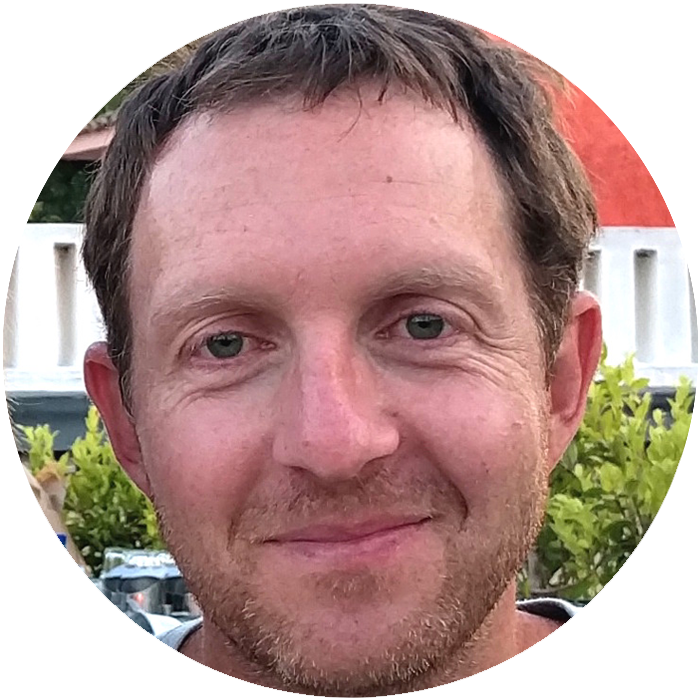
Stavros Rougas
Stavros Rougas is the co-founder of expertisefinder.com. Expertise Finder is an answer to the struggles that journalists face when trying to find academics to interview. You can reach him at stavros@expertisefinder.com.

Taylor Owen
Taylor Owen is the Beaverbrook Chair in media, ethics and communications and an associate professor in the Max Bell School of Public Policy at McGill University. He was previously assistant professor of digital media and global affairs at the University of British Columbia, and the research director of the Tow Center for Digital Journalism at Columbia University. His doctorate is from the University of Oxford and he has been a Trudeau and Banting scholar, an Action Canada and Public Policy Forum Fellow, and the 2016 Public Policy Forum Emerging Leader. Owen sits on the board of directors of the Center for International Governance Innovation (CIGI) and on the Governing Council of the Social Sciences and Humanities Research Council (SSHRC).
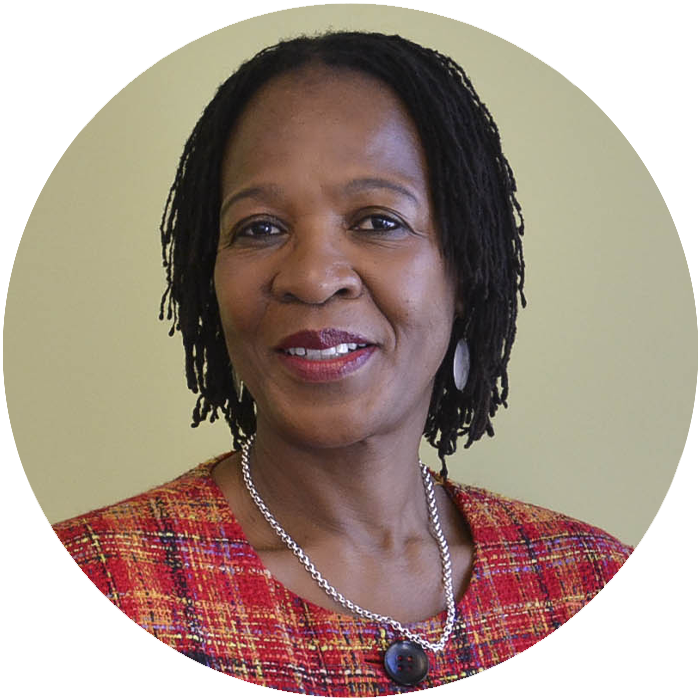
Teboho Moja
Dr. Teboho Moja is the Director and Professor of Higher Education at New York University, an Extraordinary Professor at the University of the Western Cape, and a Visiting Research Fellow at the Centre for the Advancement of Scholarship at the University of Pretoria.
She has published extensively on higher education, presented numerous keynote addresses at international conferences on higher education issues, and her research has focused on higher education policy. In 1991/92 she became involved in the National Education Policy Investigation (NEPI), a project initiated by the Mass Democratic Movement in South Africa. The project goal was to investigate policy options for the new government in all areas of education. In 1992 under the leadership of Dr. Moja as national president, UDUSA produced a higher education policy document for the transformation of higher education.
In 1993 Dr. Moja was appointed to the Centre for Educational Policy Development (CEPD) as a policy analyst for higher education. The Centre produced policy documents and also proposed implementation strategies for hand-over to the new Minister of Education after South Africa’s first democratic elections. Following the elections Dr. Moja served as a Special Advisor to two Ministers of Education and was appointed Executive Director and Commissioner of the National Commission on Higher Education. She has served on numerous committees and boards of international bodies such as UNESCO and Councils of Universities in South Africa. She has served as Chair on the Boards and continues as a member for the Center for Higher Education Trust and University World News – Africa edition.

Tom Nichols
Tom Nichols is a professor of national security affairs at the U.S. Naval War College. He is also an adjunct professor at the Harvard Extension School, and at the U.S. Air Force School of Strategic Force Studies. Nichols was personal staff for defense and security affairs in the United States Senate to the late Sen. John Heinz of Pennsylvania, and was a fellow at the Center for Strategic and International Studies in Washington, D.C. He is currently a senior associate of the Carnegie Council on Ethics and International Affairs in New York City, and a senior fellow of the Graham Center for Contemporary International History at the University of Toronto. He was also a fellow in the International Security Program at the John F. Kennedy School at Harvard University.
A former secretary of the Navy Fellow at the Naval War College, he previously taught international relations and Soviet/Russian affairs at Dartmouth College and Georgetown University. He is a former chair of the Strategy and Policy Department at the Naval War College, for which he was awarded the Navy Civilian Meritorious Service Medal in 2005.
His newest book, The Death of Expertise: The Campaign Against Established Knowledge and Why It Matters, was released by Oxford in March 2017, and became a best-seller, with translations into eleven foreign languages. He has written commentary for a number of media outlets, including the Washington Post, the Atlantic, and USA Today, where he is a member of the board of contributors. In 2017, he was named one of the POLITICO 50 by POLITICO magazine, an annual list of “the key thinkers, doers and visionaries who are reshaping American politics and policy.”
He is also a five-time undefeated Jeopardy! champion, and was noted in the Jeopardy! Hall of Fame after his 1994 appearances as one of the all-time best players of the game.
He holds a PhD from Georgetown, an MA from Columbia University, the Certificate of the Harriman Institute for Advanced Study of the Soviet Union at Columbia, and a BA from Boston University.
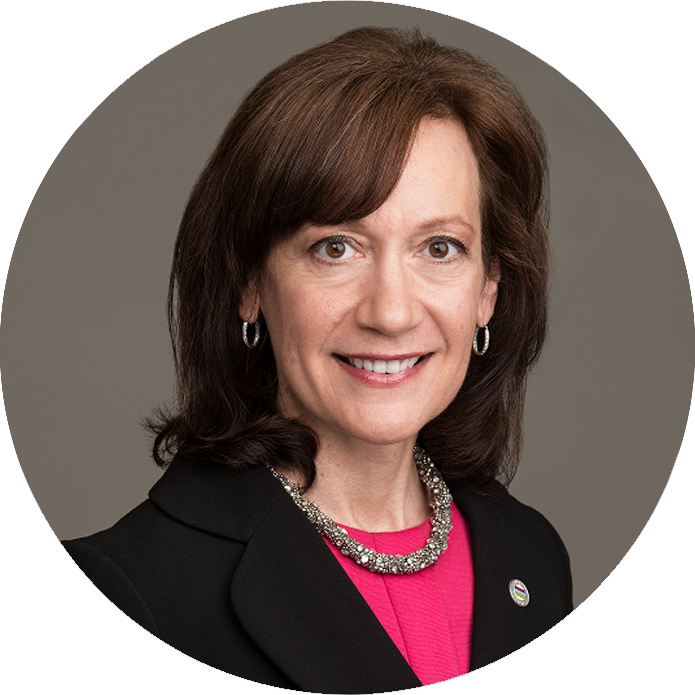
Ursula Gobel
Ursula Gobel was appointed associate vice-president, future challenges, at Social Sciences and Humanities Research Council (SSHRC) in April 2014. In her role, she collaborates with the research community and partners across the public, private, and not-for-profit sectors to advance the social sciences and humanities contributions toward meeting future, long-term societal challenges and opportunities. Ursula joined SSHRC in 2007 as director of communications, overseeing the development and implementation of strategic communications for SSHRC, as well as for several international programs, including the Canada Research Chairs and Canada Excellence Research Chairs, on behalf of Canada’s three federal research granting agencies. She brings 30 years of experience in leadership and management across the public, private, and not-for-profit sectors, including at the National Gallery of Canada. She has been an active volunteer at the Canadian Sport Tourism Alliance, the Canadian Tourism Commission, and for the United Way, as well as at numerous regional economic development agencies. Gobel holds executive leadership training from Queen’s University, as well as business and economics diplomas from Algonquin College and John Abbott College.
En avril 2014, Ursula Gobel a été nommée vice-présidente adjointe de la Direction des défis de demain du Conseil de recherches en sciences humaines (CRSH). À ce titre, elle collabore avec la communauté des chercheurs et les partenaires des secteurs public, privé et sans but lucratif afin de promouvoir la contribution des sciences humaines pour ce qui est de relever les futurs défis et possibilités à long terme de la société. Gobel s’est jointe au CRSH en 2007 en tant que directrice de la Division des communications. Dans le cadre de cette fonction, elle a supervisé l’élaboration et la mise en œuvre de produits de communication stratégique pour le CRSH et de plusieurs programmes internationaux – dont le Programme des chaires de recherche du Canada et le Programme des chaires d’excellence en recherche du Canada – au nom des trois organismes subventionnaires fédéraux. Gobel possède 30 années d’expérience en leadership et en gestion dans les secteurs public, privé et sans but lucratif, y compris au Musée des beaux-arts du Canada. En outre, elle a été une bénévole active pour l’Alliance canadienne du tourisme sportif, la Commission canadienne du tourisme, Centraide Canada et de nombreux organismes régionaux de développement économique. Gobel a suivi une formation de leadership exécutif à la Queen’s University. De plus, elle a obtenu des diplômes d’administration et d’économie du Collège Algonquin et du Cégep John Abbott.

Vinita Srivastava
Vinita Srivastava is a journalist, educator, and interdisciplinary researcher, who has reported and edited for the Village Voice, Savoy, VIBE, WBAI Radio, and the New York Times Magazine. She is the critical race and culture and society editor of the Conversation Canada, a successful non-profit explanatory journalism start-up. She was a journalism professor at Ryerson University, where she was also the director of Verse City – a multimedia boot camp for marginalized youth. She has led media classes at the National University of Rwanda, the Documentary Organization of Canada, Young People’s Press, and the City of Toronto.

